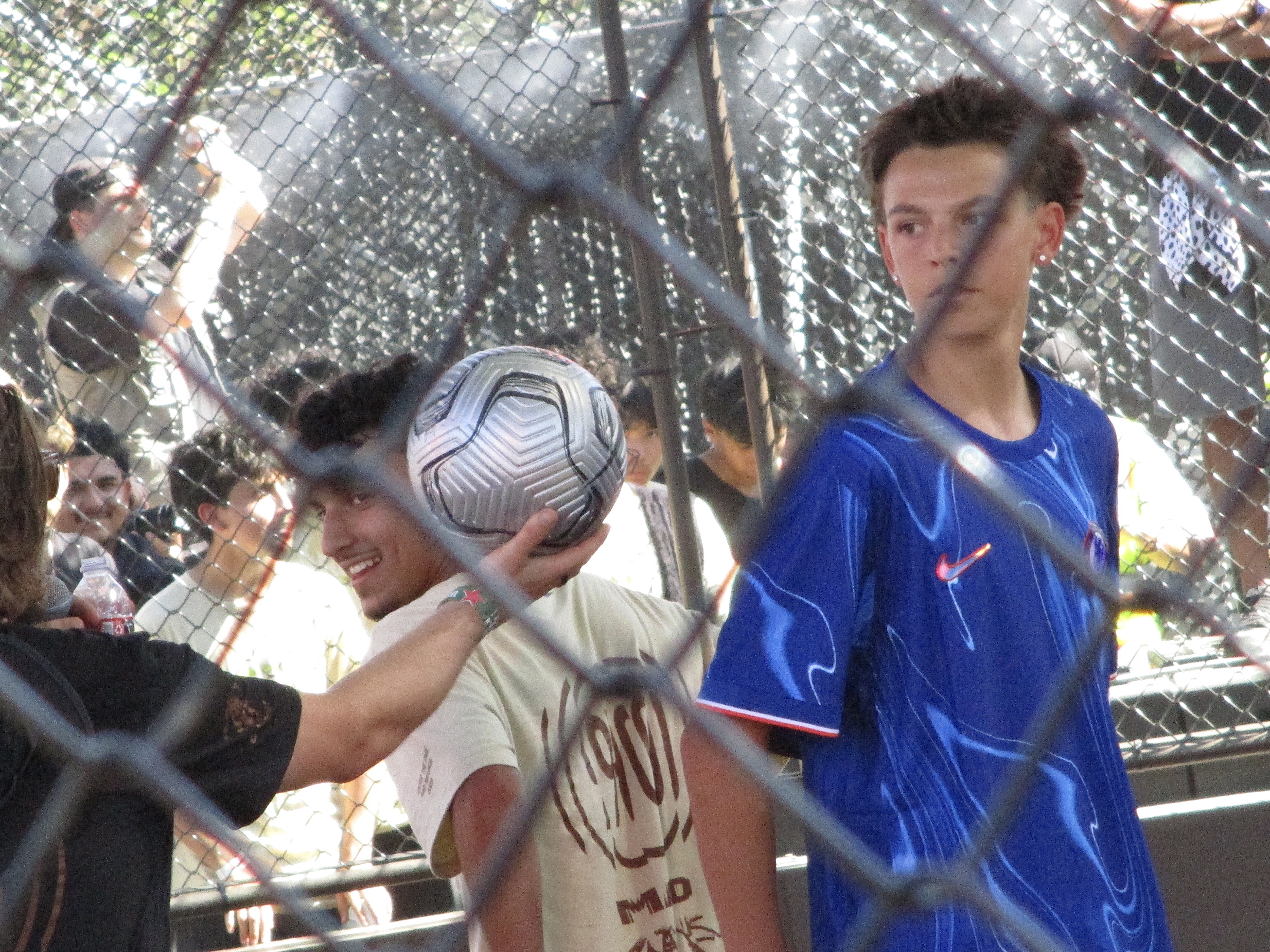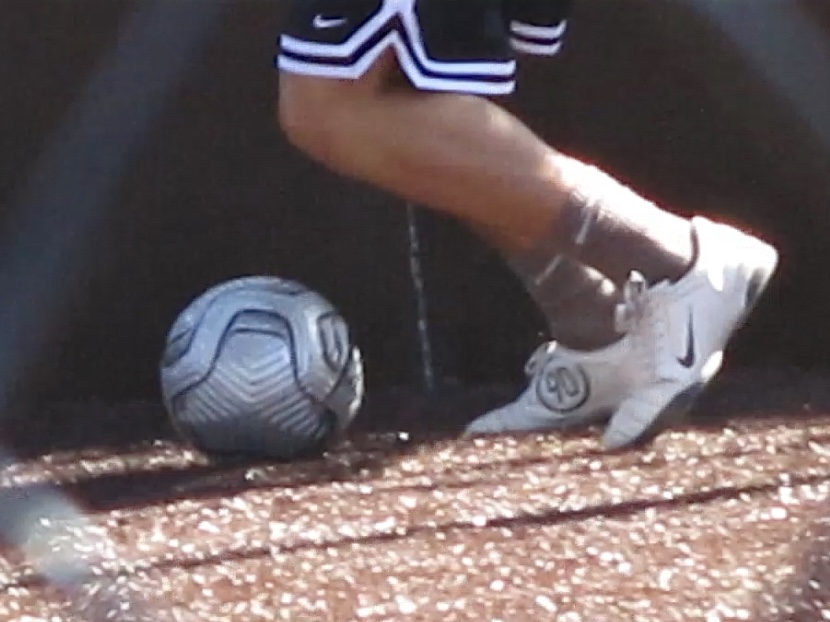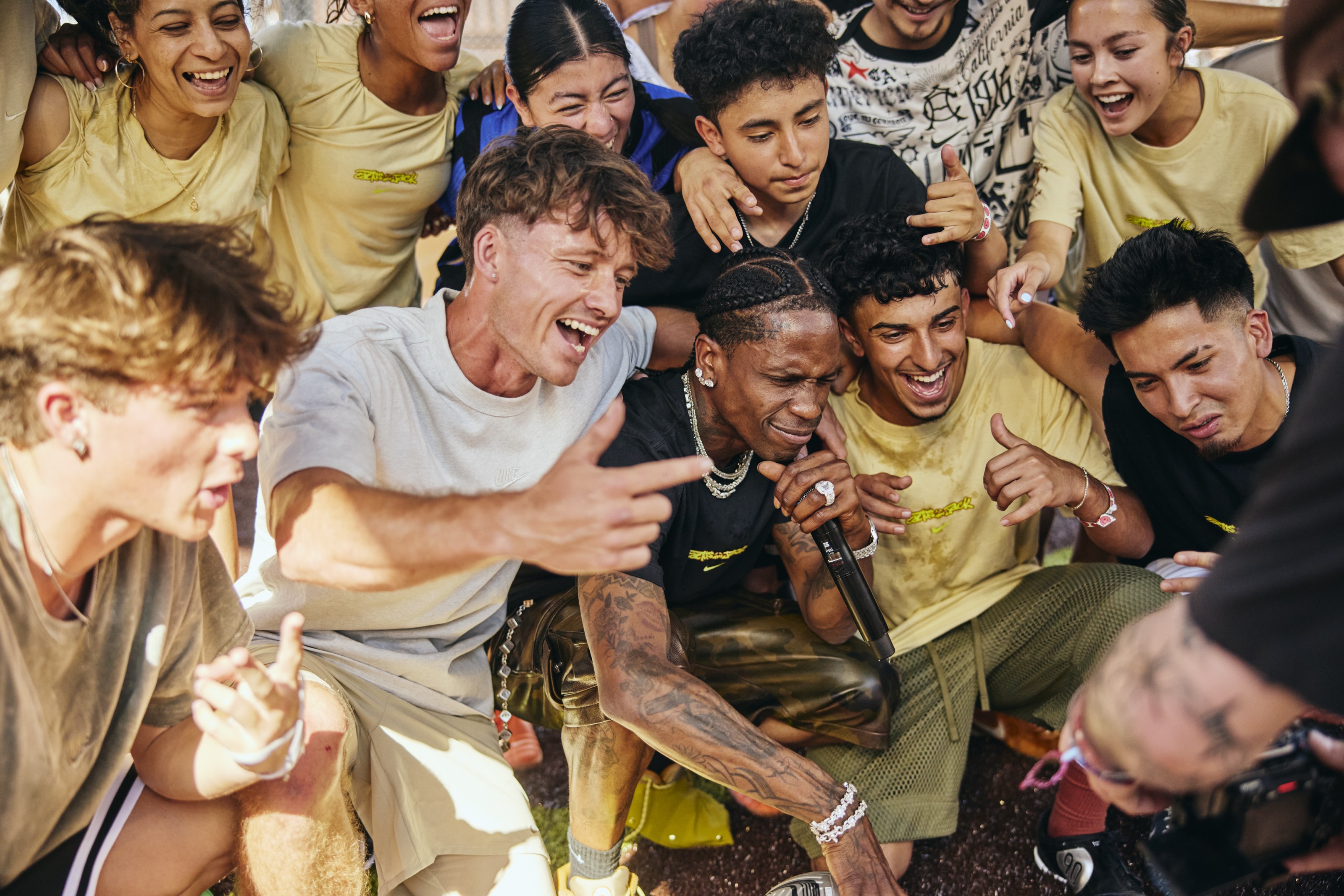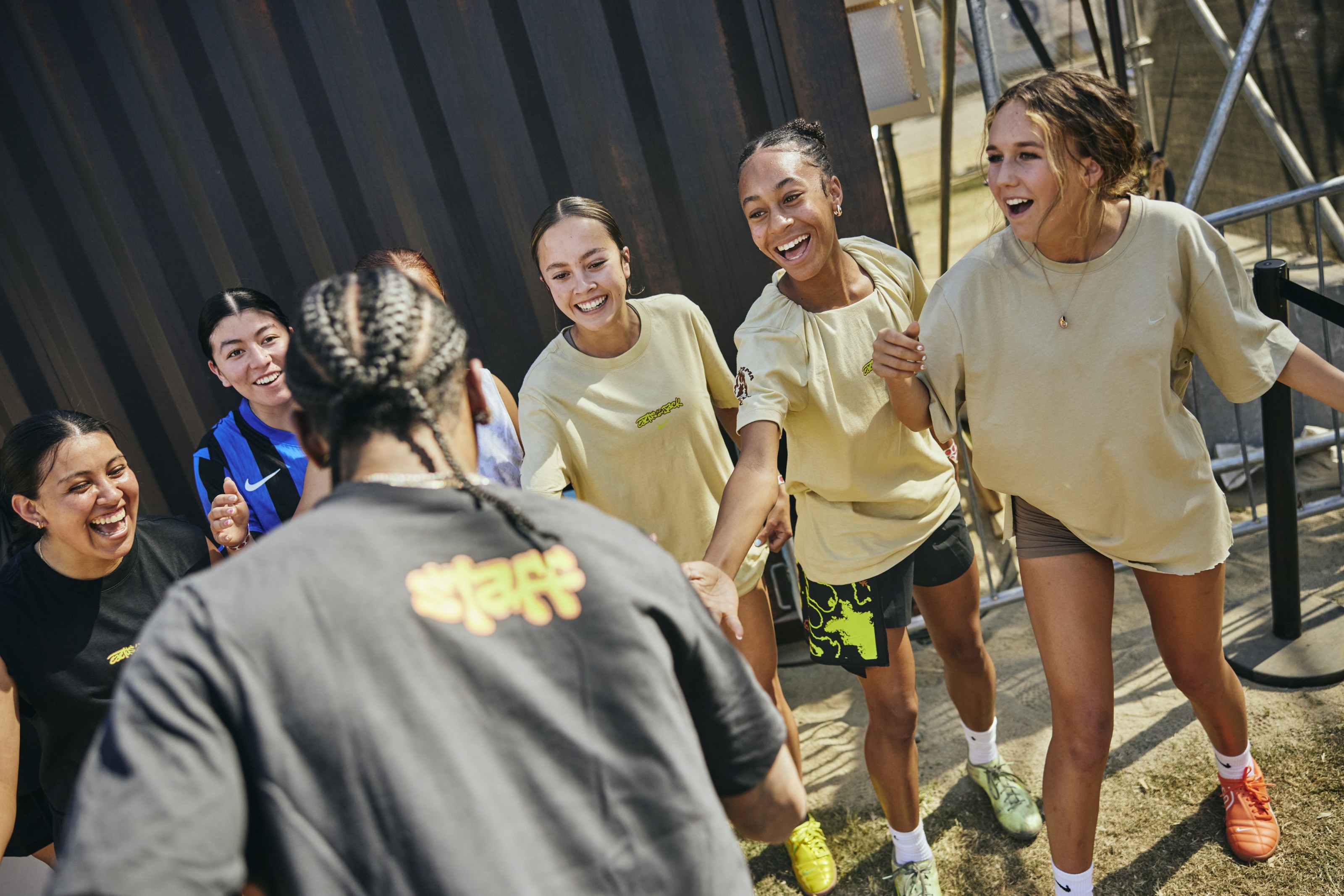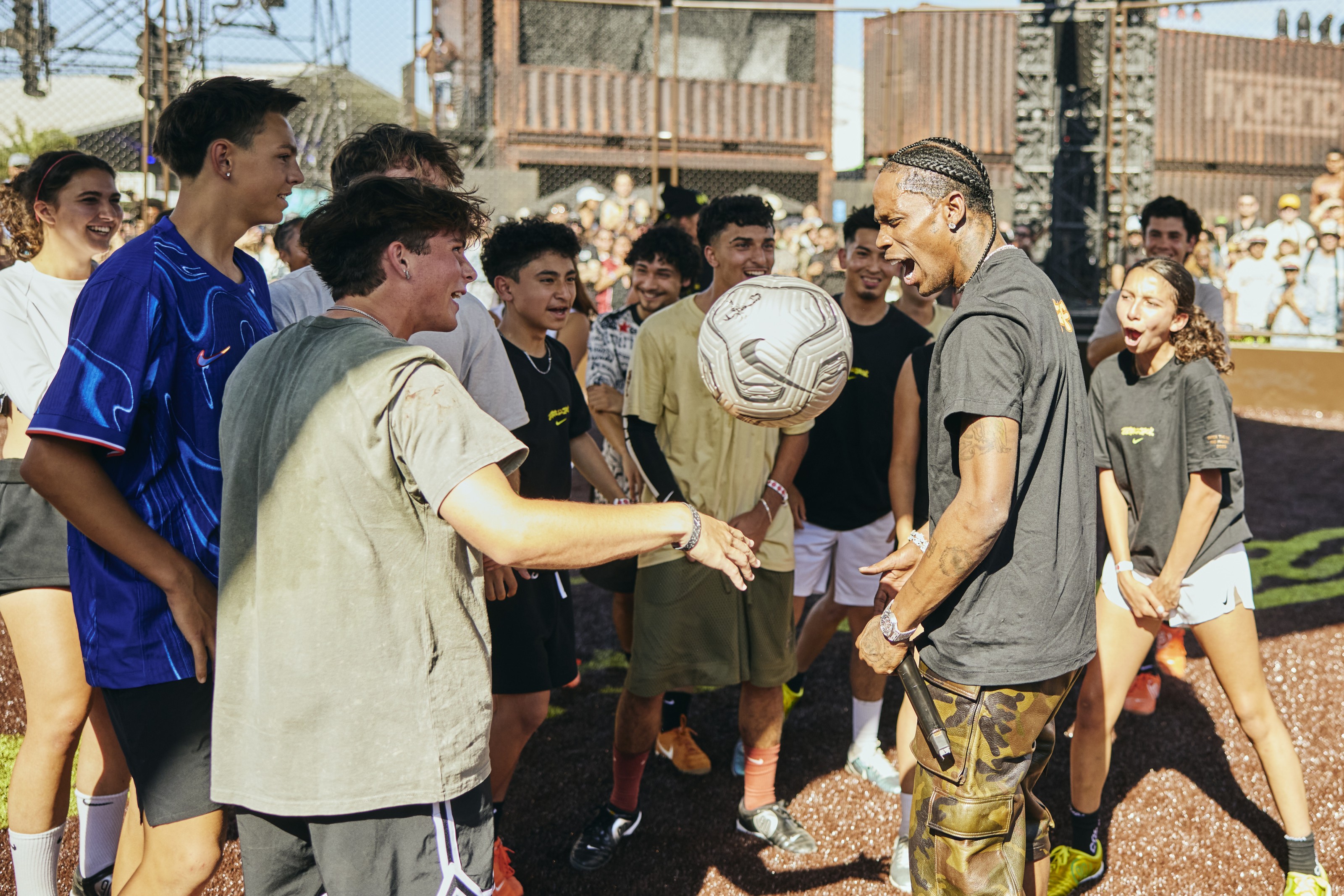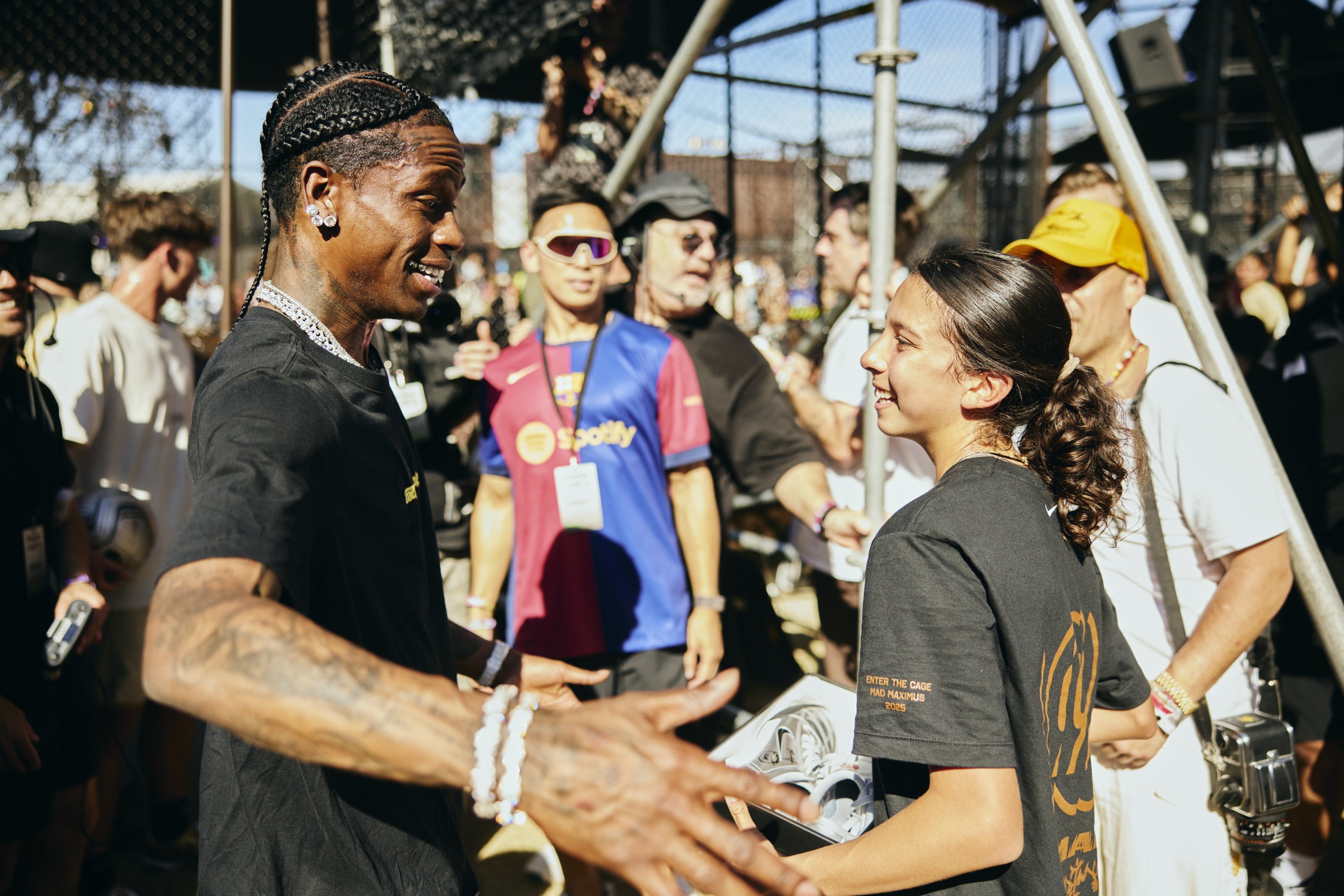Red Bull BC One
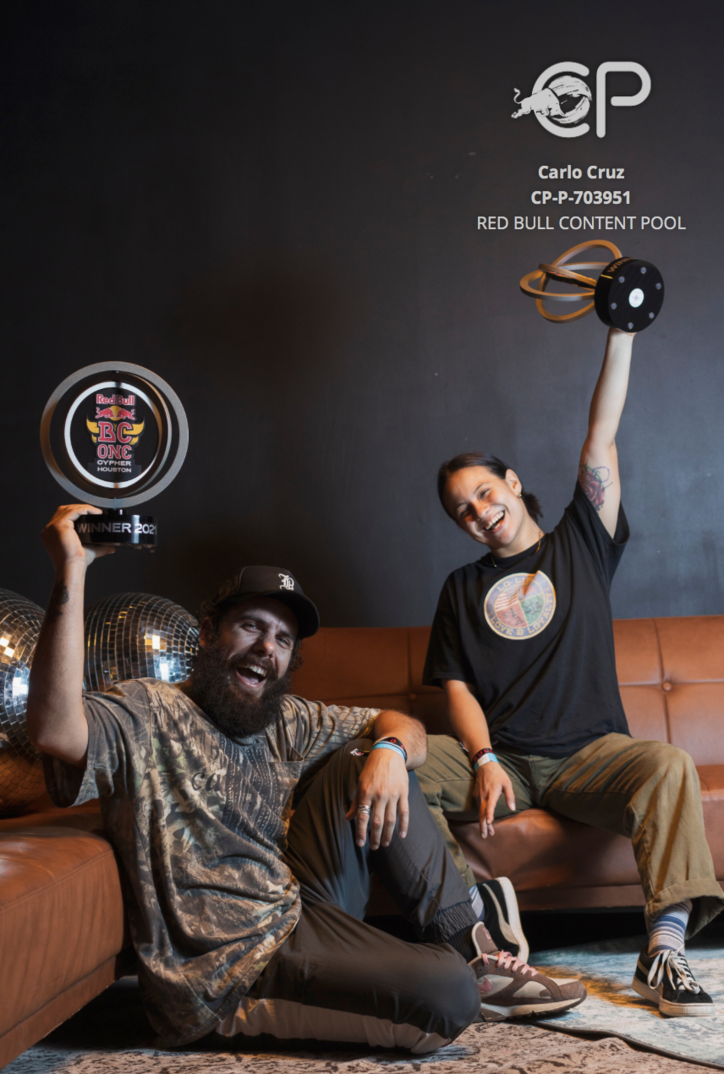
Stay informed on our latest news!

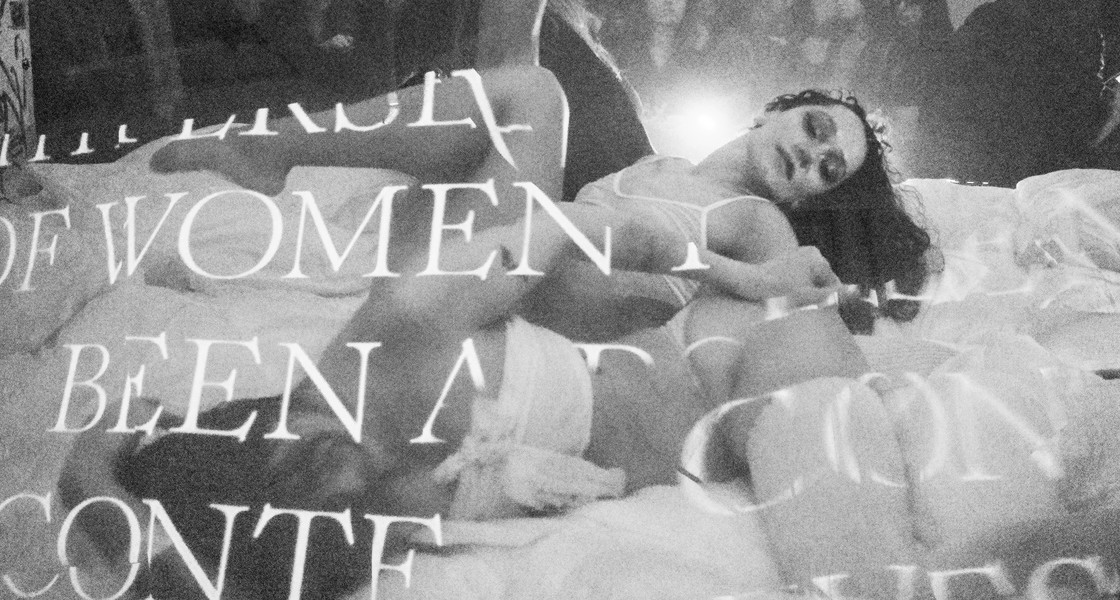
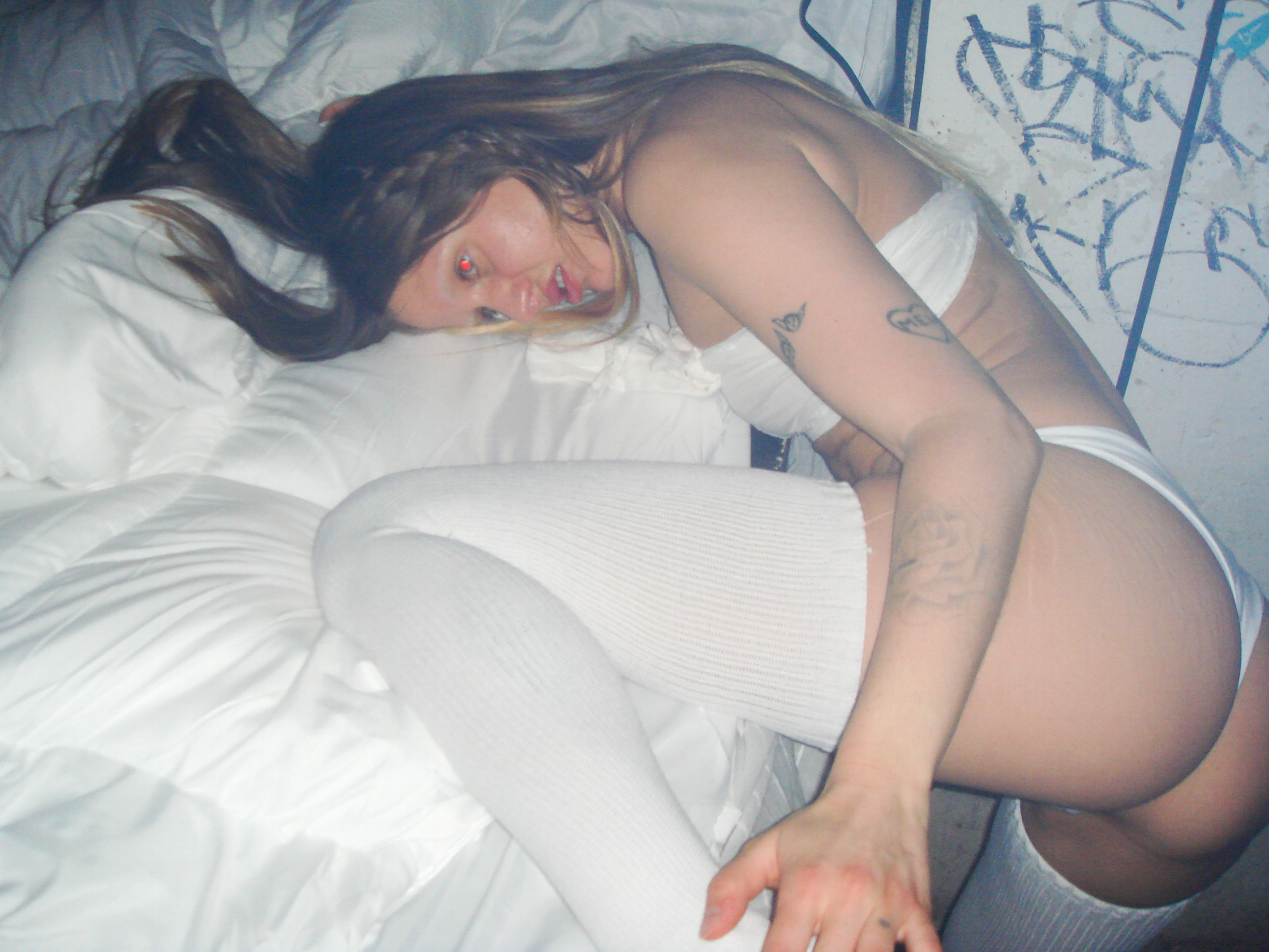
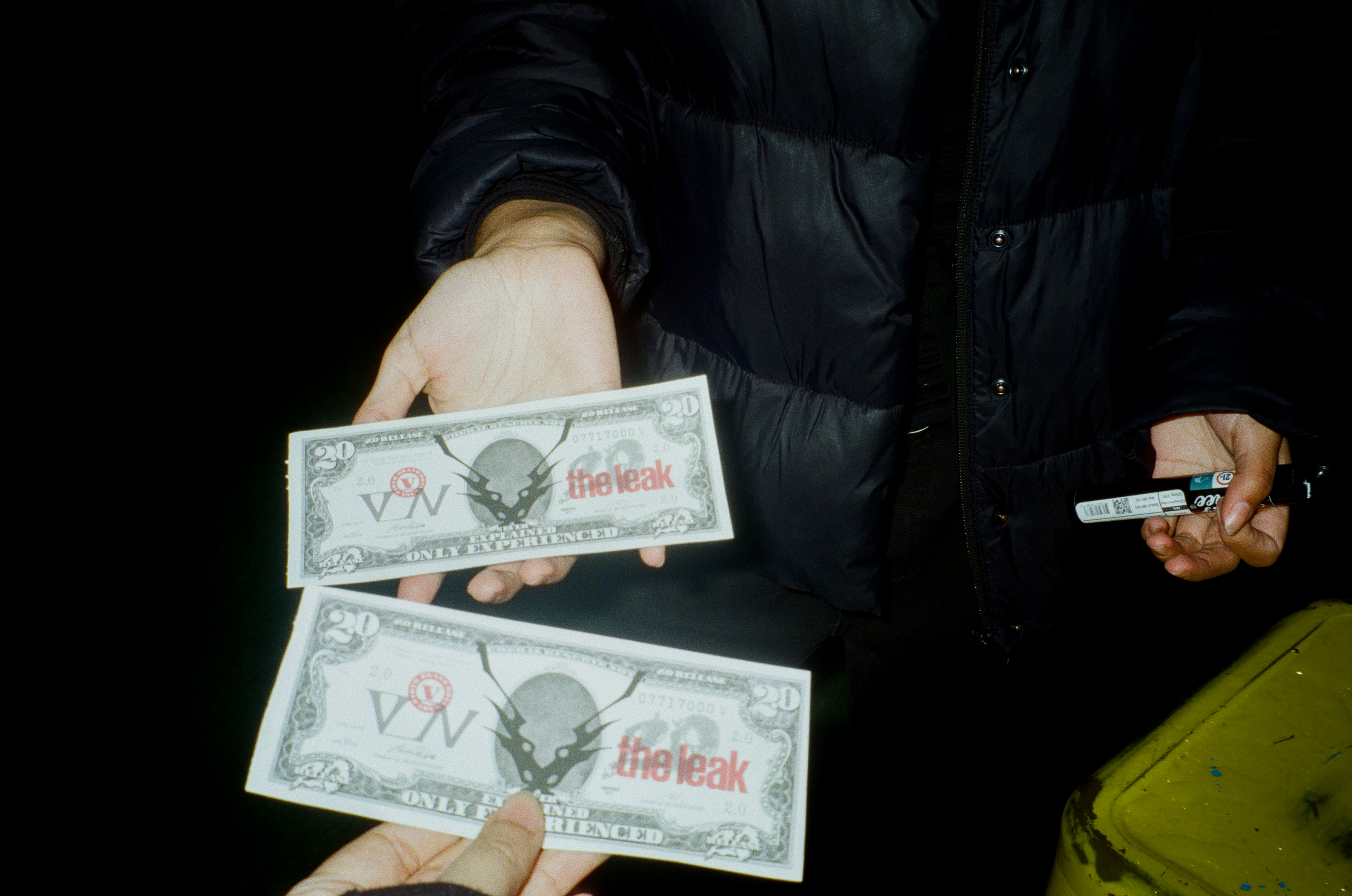
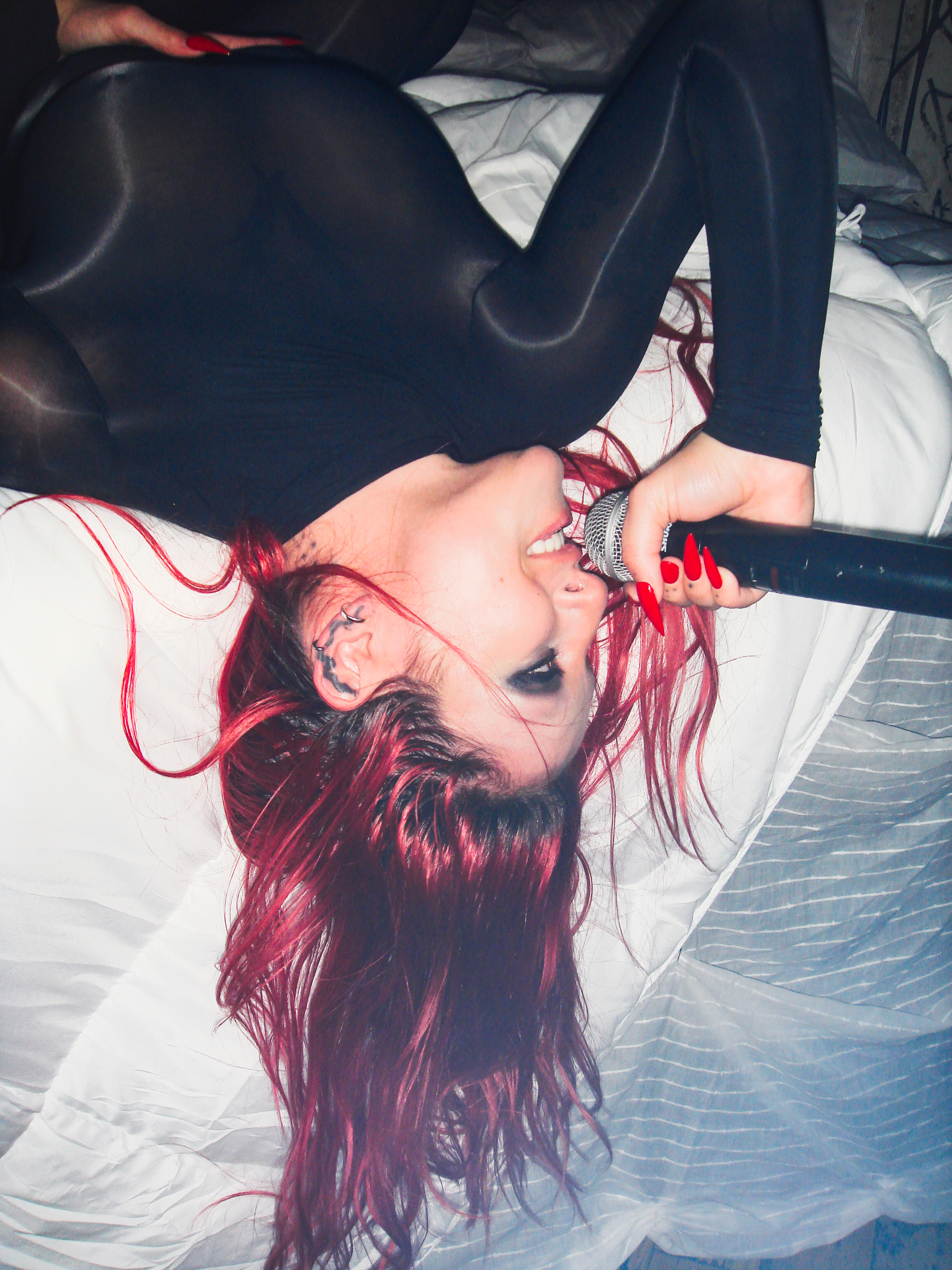
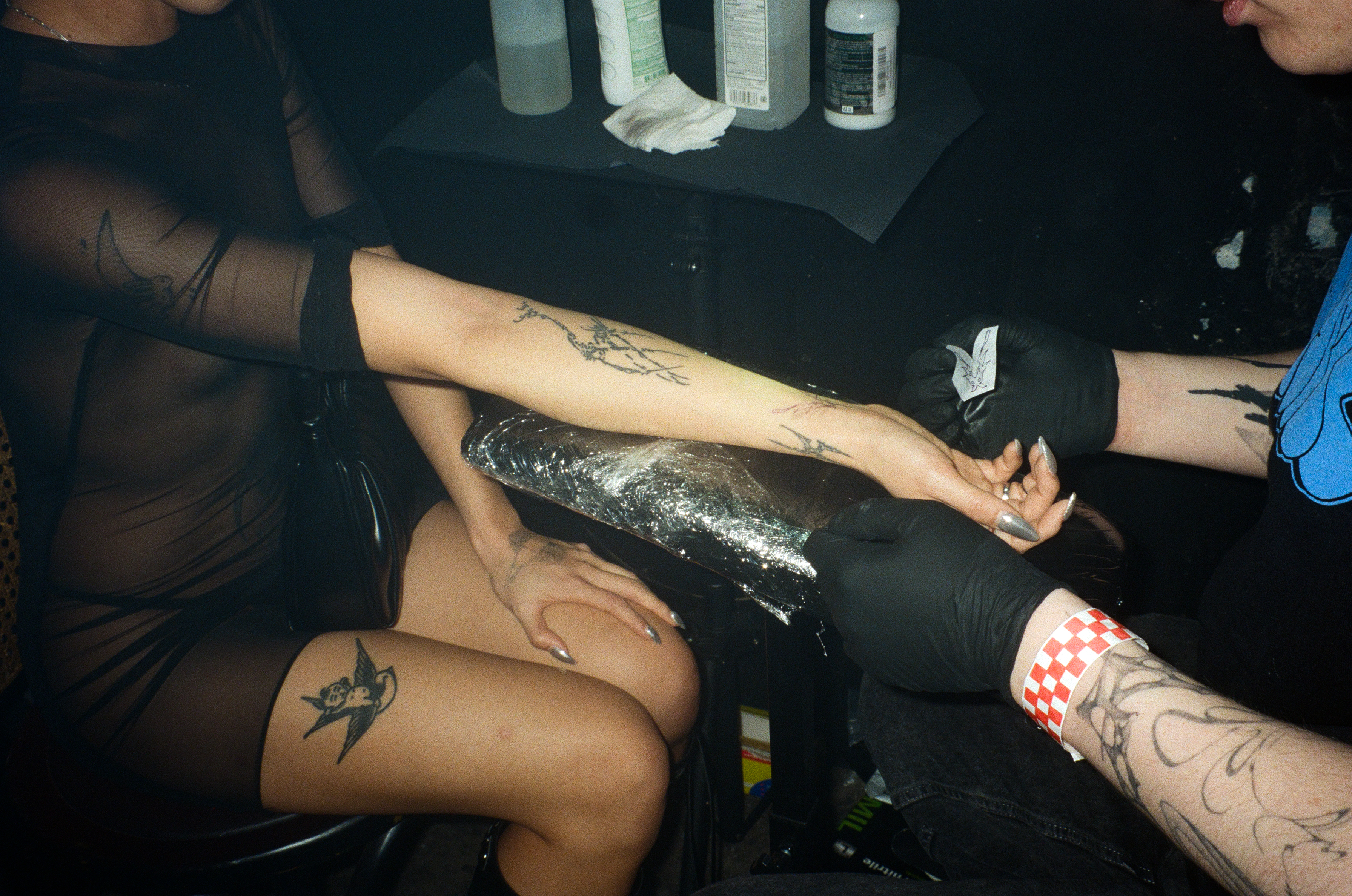
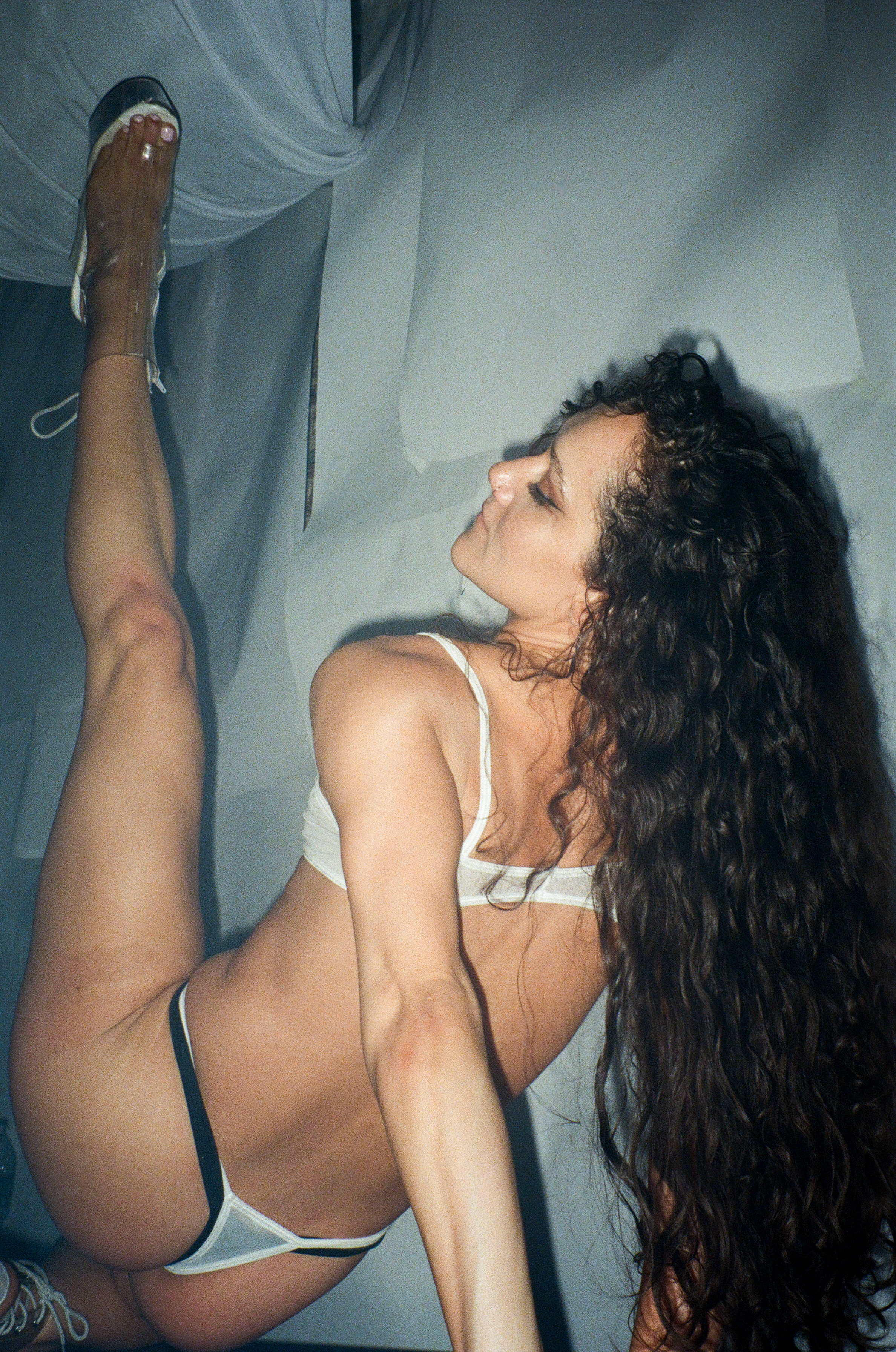
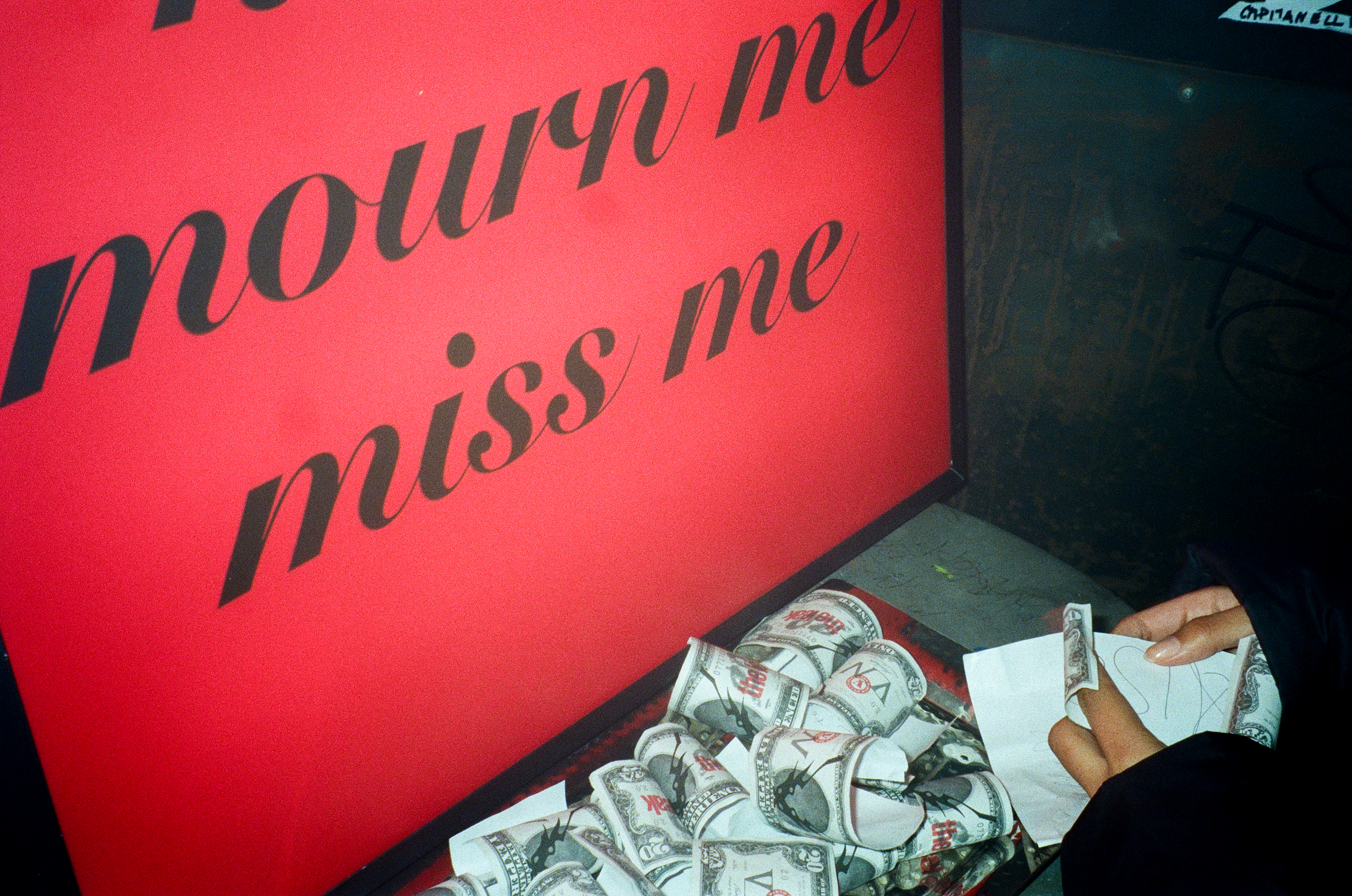
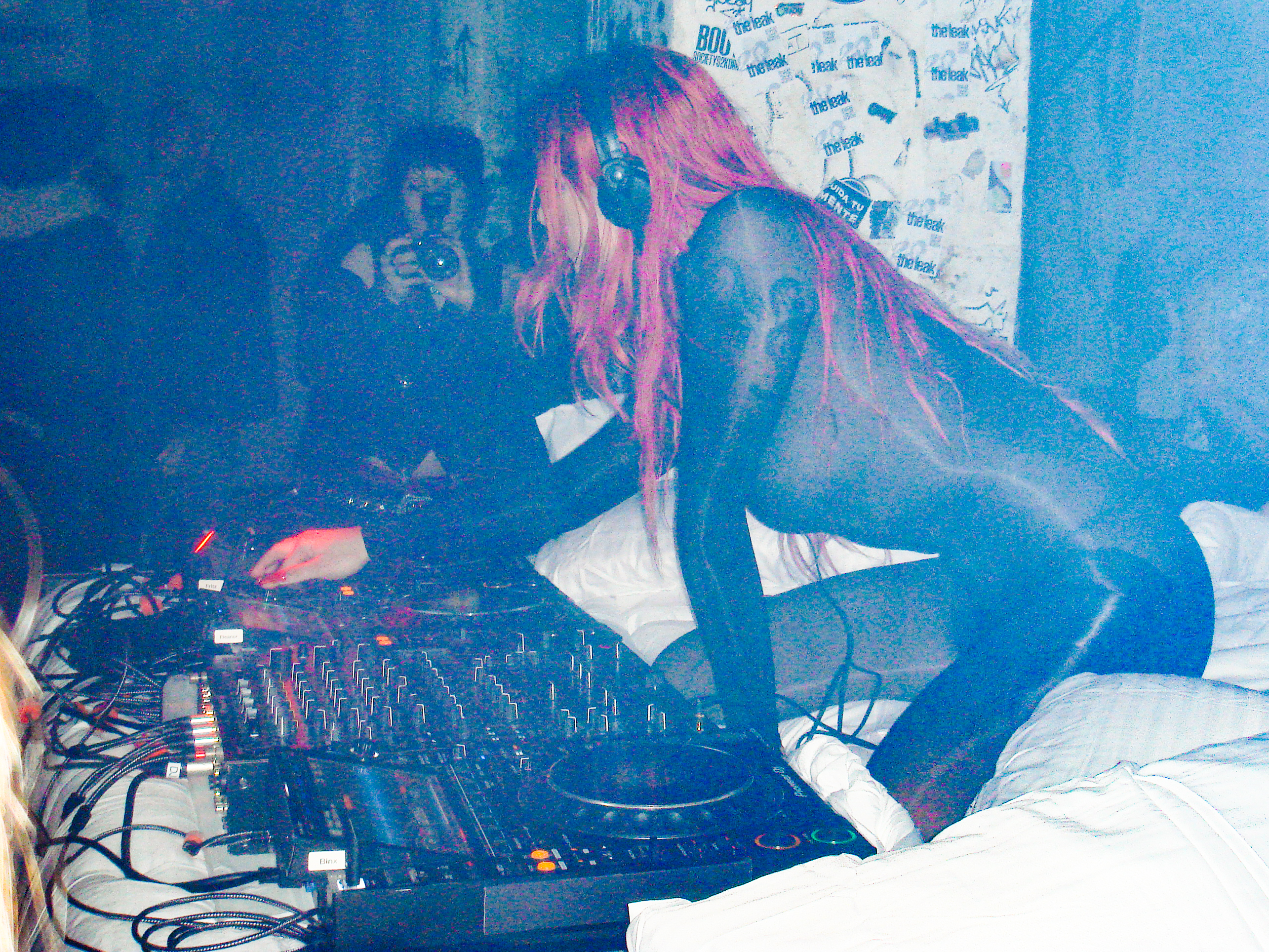
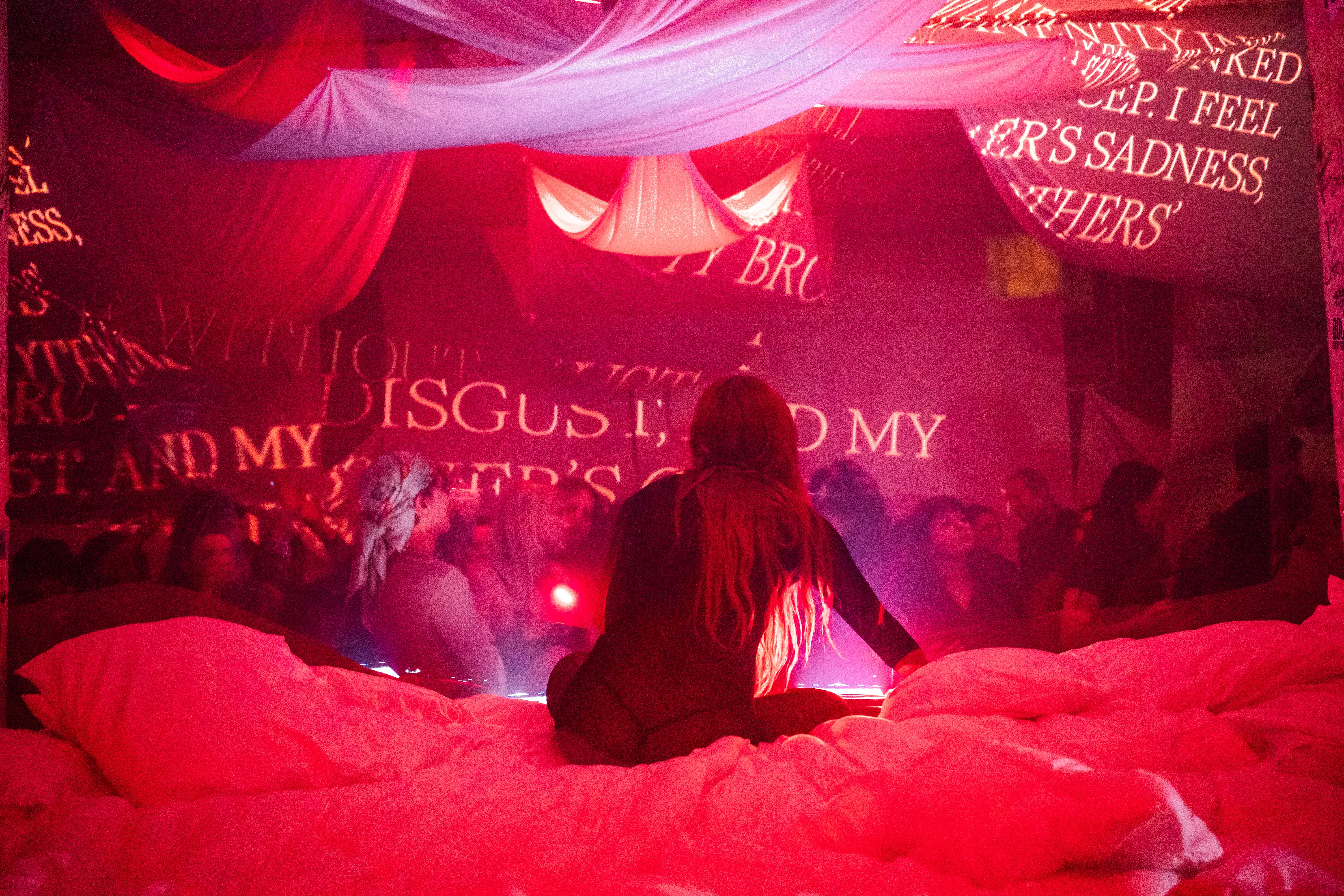
2.0 THE LEAK
In the bowels of H0l0, guests were invited to wander around the fog-filled rooms and enjoy another one of Von’s freakshows produced by Chloe Philips.
“Each event there’s a crazier request than the last,” Philips laughs. “Whether it’s explosions, blood, needles, sex, I’m constantly figuring out niche permits and safety protocols you’d never think to consider.”
Rachel, one of Von’s dancers, traipsed around the space with 30 needles intricately placed into her skin (by @babyrocktattoos) that rounded her back like an S—just a typical body horror moment you can expect from a Von event. "Pain, release, destroy, evolve,” Rachel says. “The continuous testing of my own being—the desire to either find myself or lose parts of who I’ve been. It is the act of knowing, then going further. A reconfiguration of self. Of being.”
In the backroom, tattoo artist Tyler etched 10 lucky fans with the iconic Von symbol—which he tattooed on Von’s chest live at her last event, LABOR where she released the single “MOMMY 2.0.”
“There’s something so intimate about permanence,” Von mentions “Sharing something so intimate, permanence and my art, with other people makes me feel really deeply connected. It’s like such a deep form of mutual affection.”
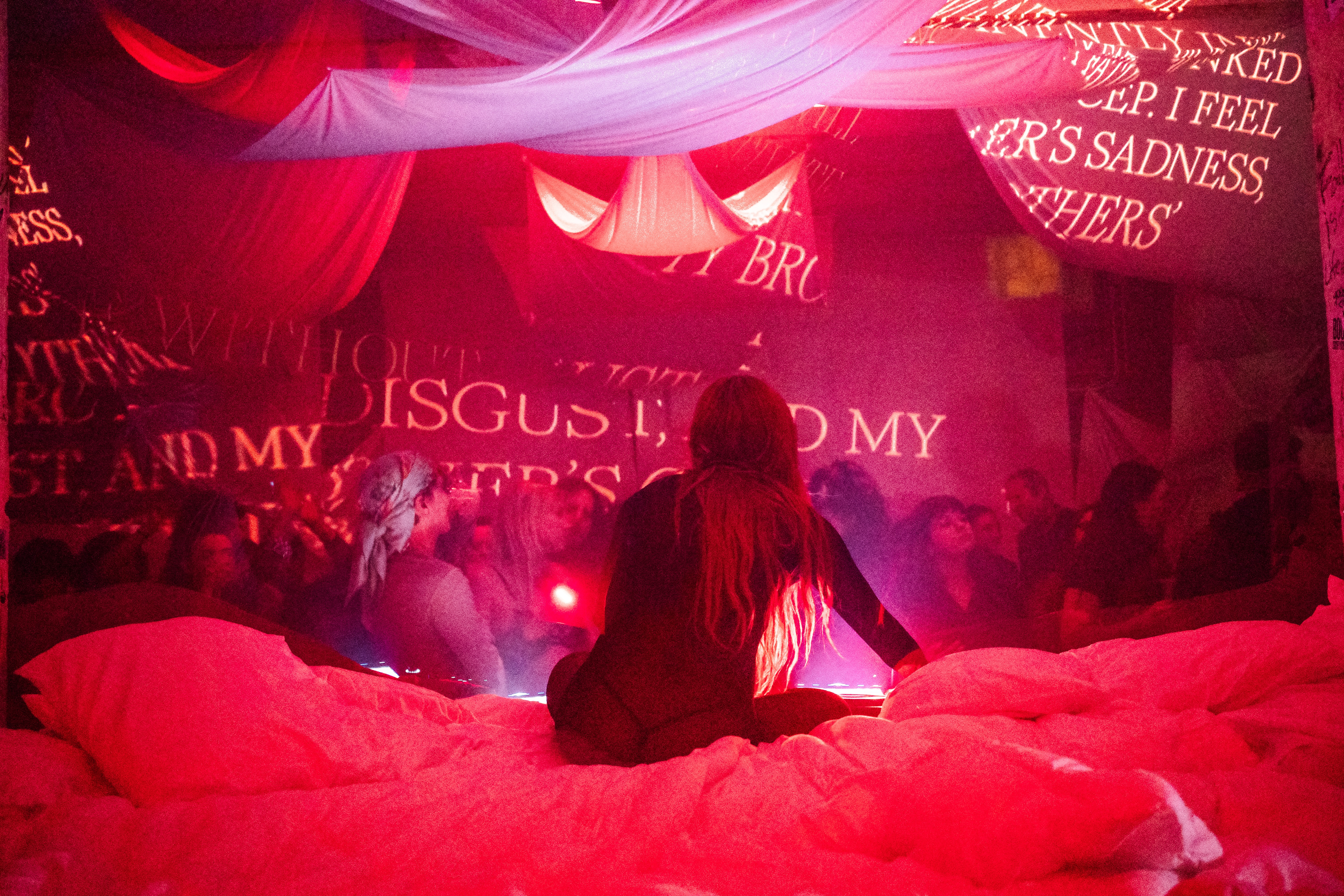
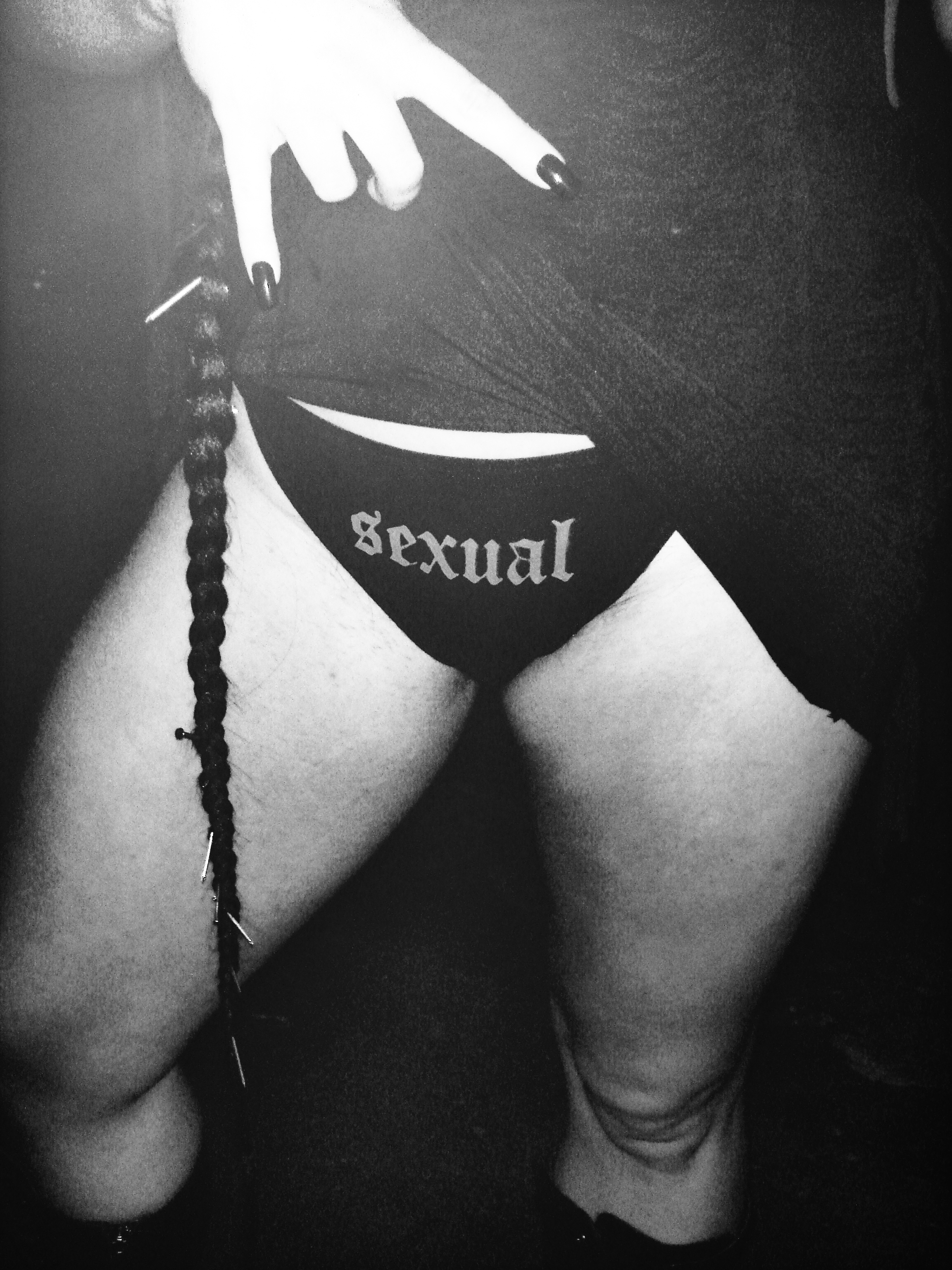
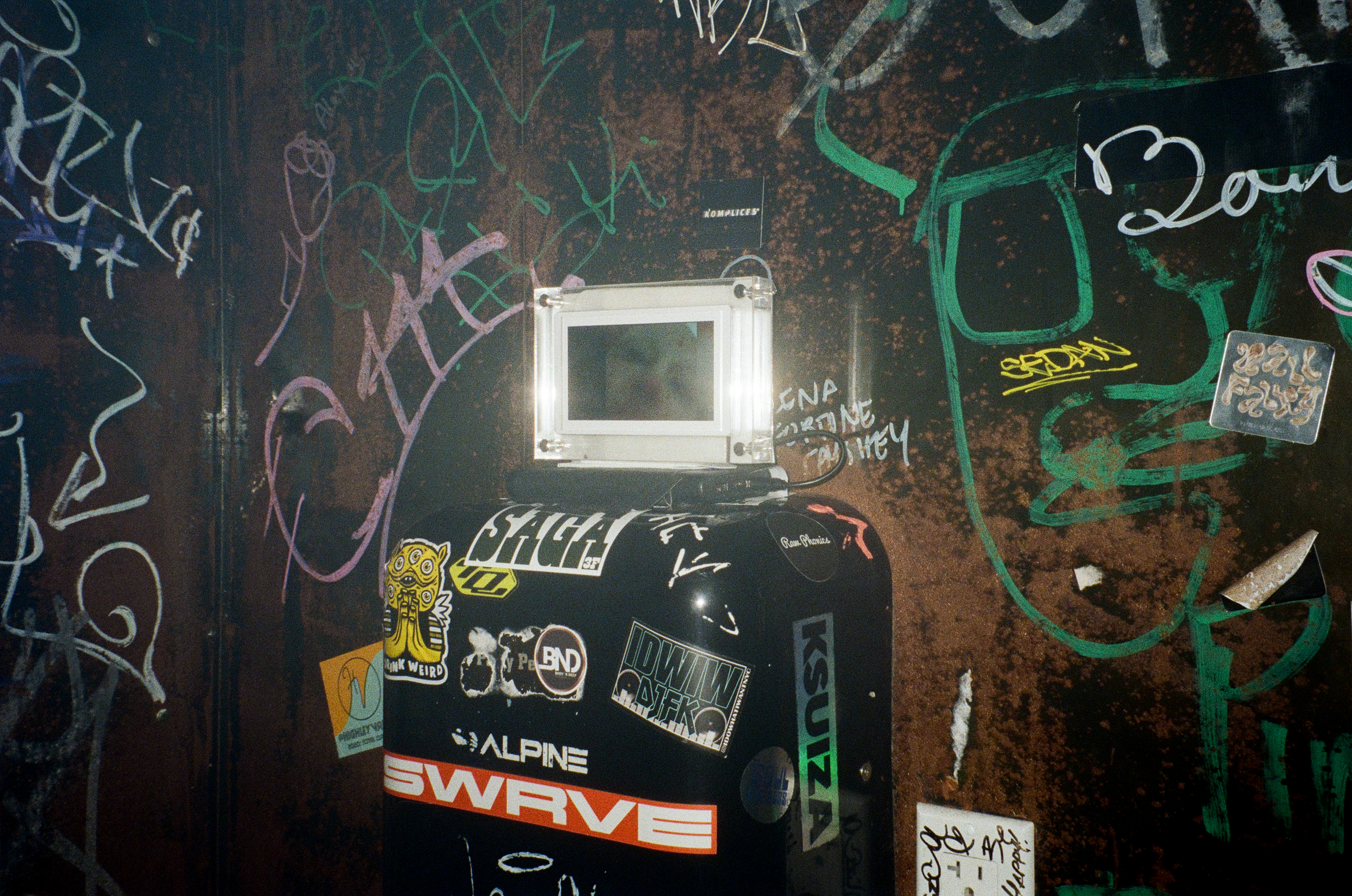
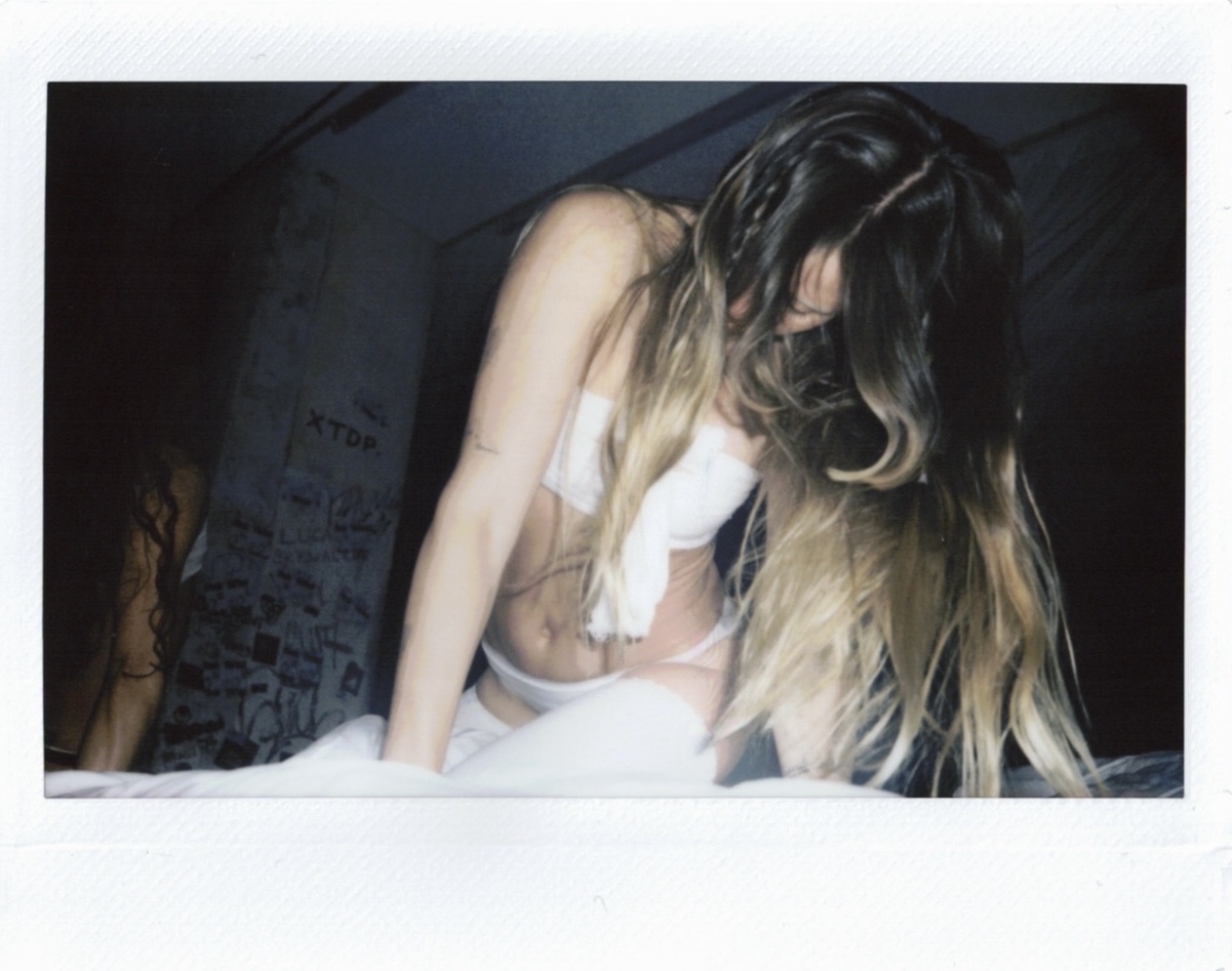
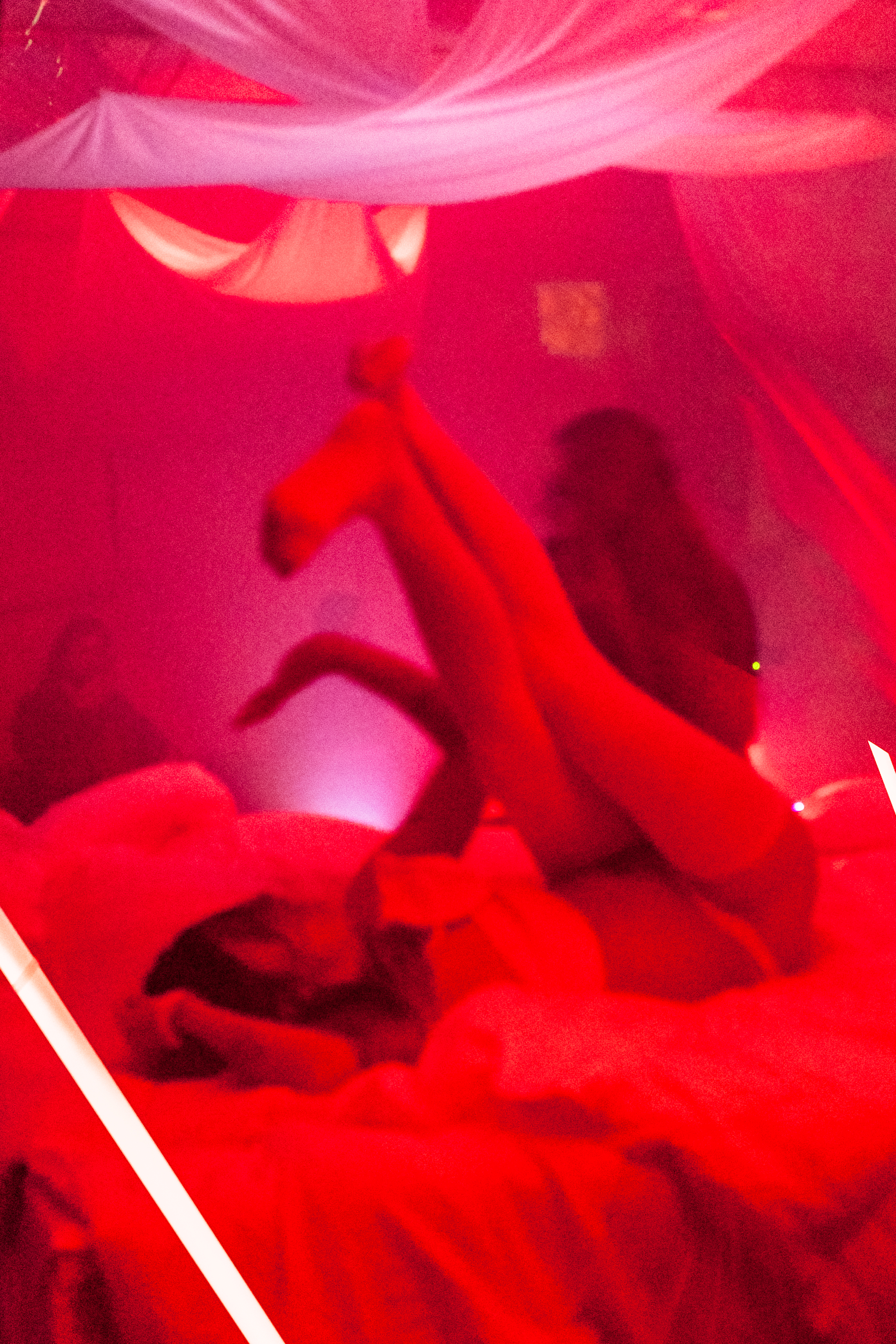
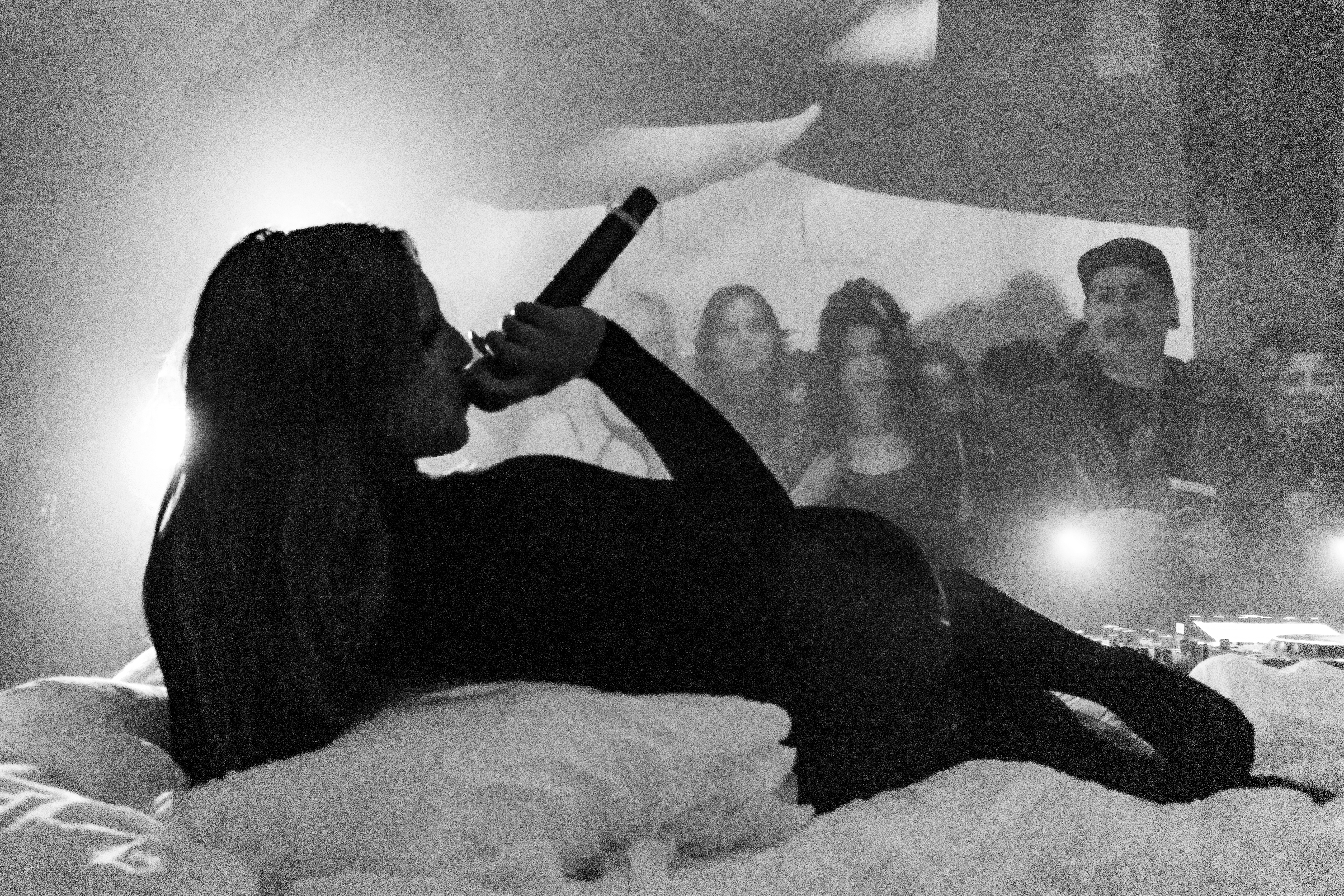
At the heart of the main room the DJ booth was placed atop a California king bed draped in white. Von and a couple of dancers spilled into each other as her sex tape projected around on the walls—like if a boiler room set was a kinky sleepover. Her long red hair whipped around as she performed “TINY BOY 2.0 ft. Ani Klang” and “BLOODHOUND 2.0 ft. Estoc.” The crowd roared and thrashed to her sexy techno-laced music.
Von’s latest spectacle wasn’t just a party or a performance—it was a full-body, full-sensory declaration of creative autonomy. In true Von fashion, THE LEAK wasn’t about scandal, but about surrender—of the body, of narrative control, and of the line between artist and audience. With 2.0, she’s not just releasing music; she’s releasing herself—layer by layer, limit by limit.
And what’s next for Von? “More masochism, art with my friends, and more painful introspection—relentlessly synthesizing all of it together.” Whether through blood, beats, or bodies in motion, Von continues to remind us that art, like identity, is messy, fluid, and radically unfiltered. And that’s exactly the point.

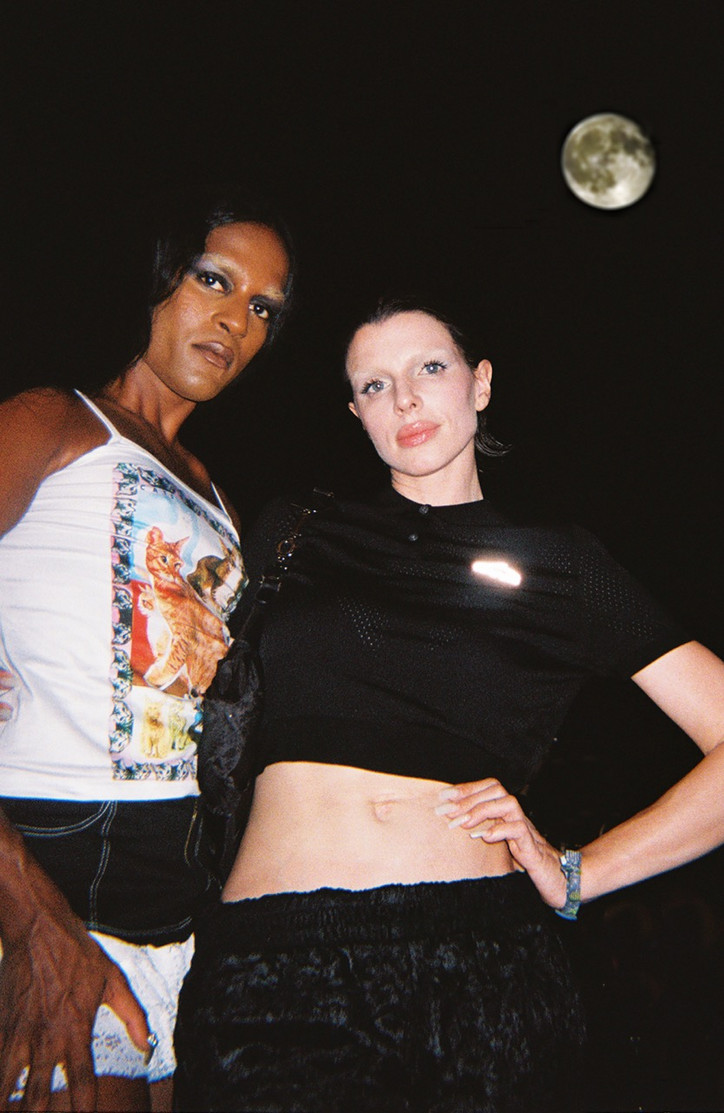
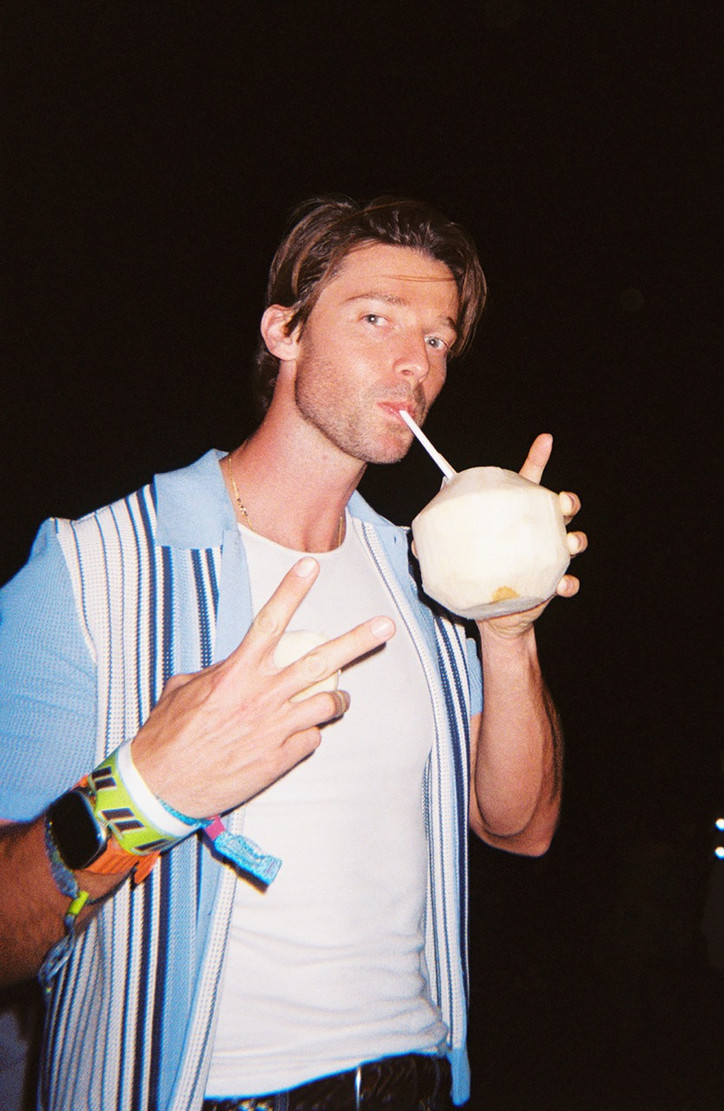
I made it to the Main Stage just in time for Missy’s takeover—VIP buzzing with familiar faces like Patrick Schwarzenegger, Julia Fox, Rickey Thompson, and Willam. But it was Lady Gaga who stole the show with a jaw-dropping, once-in-a-lifetime performance.
Night two began with frog legs and duck confit under the stars at Outstanding in the Field, where Chef Diego Argoti hosted a cool intimate dinner in the Rose Garden. I turned the duck confit and made it a high fashion green wrap to go to Charli’s set—brat anthems echoing across the field as the sun dipped behind the mountains. She delivered a set that blended her classics with deep cuts only day-one stans would know. I try to avoid trends so I gotta admit I was never officially a brat until now, the live show converted me.
My friends and I wandered through the night—bar-hopping between hidden speakeasies and vibing across stages—before closing it all out with horsegirl’s dreamy, noise-pop set.
The grand finale? Arca. Draped in a custom Rick Owens look, the Caracas-born icon stunned with a genre-bending set, surprise cameos by Addison Rae and Tokischa, and a sneak peek of new music. With the full moon still high above us, the night felt seductive and surreal—like a desert fever dream we never wanted to end.
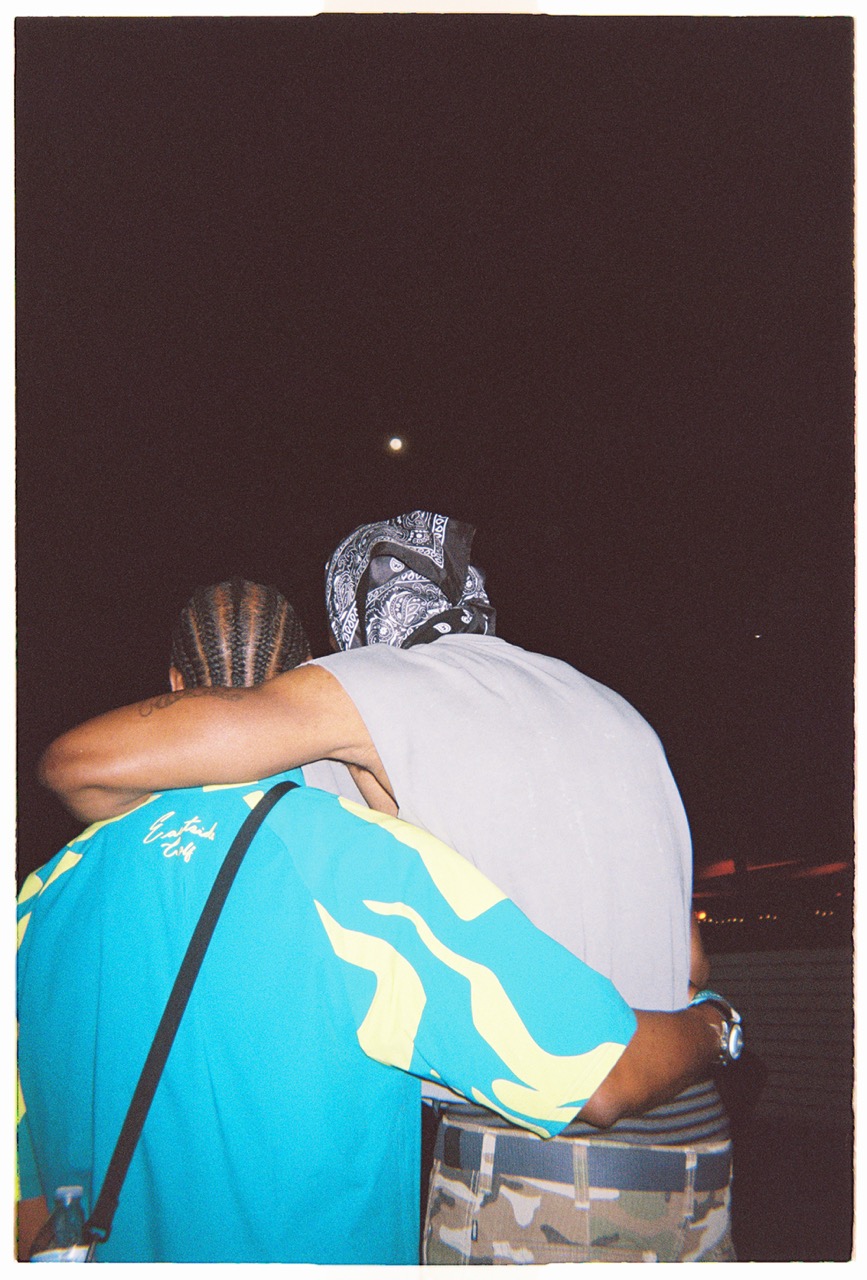
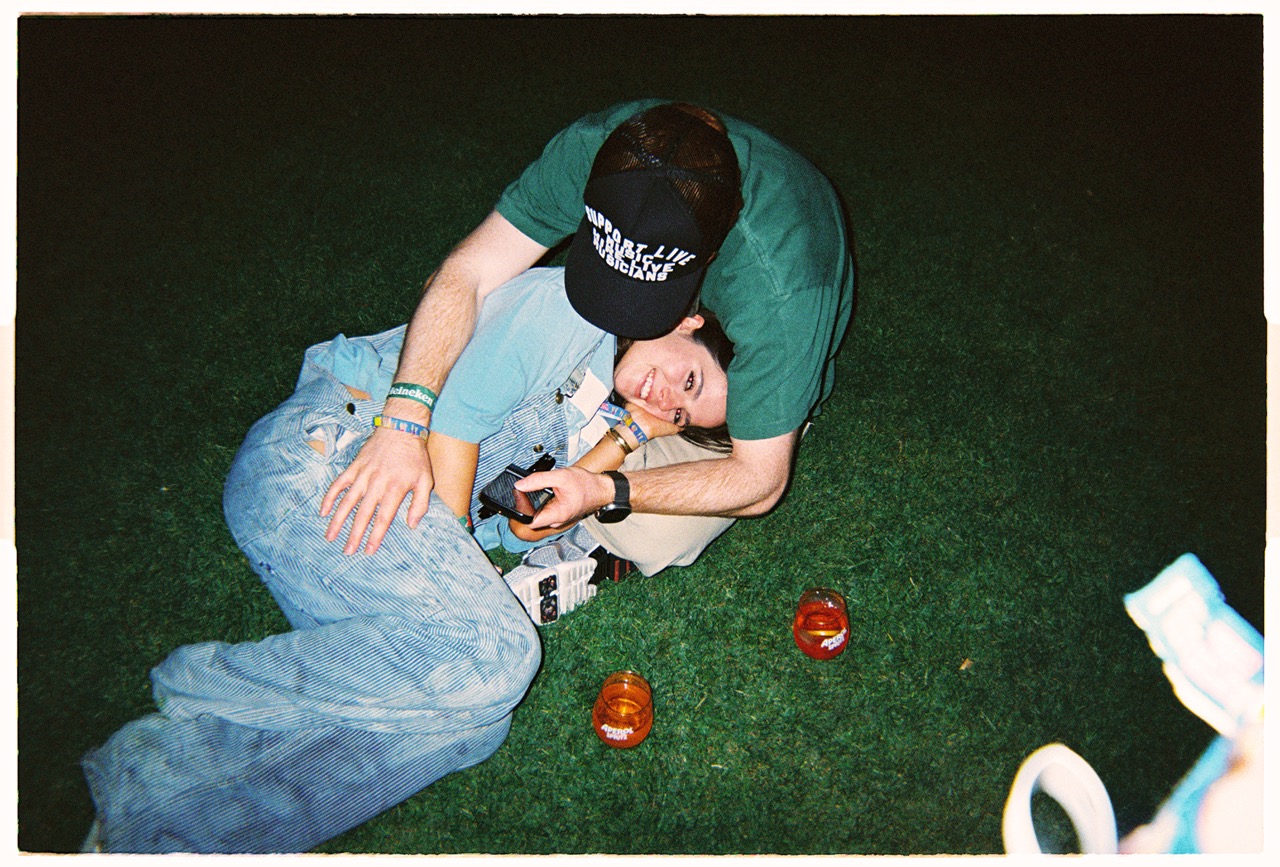
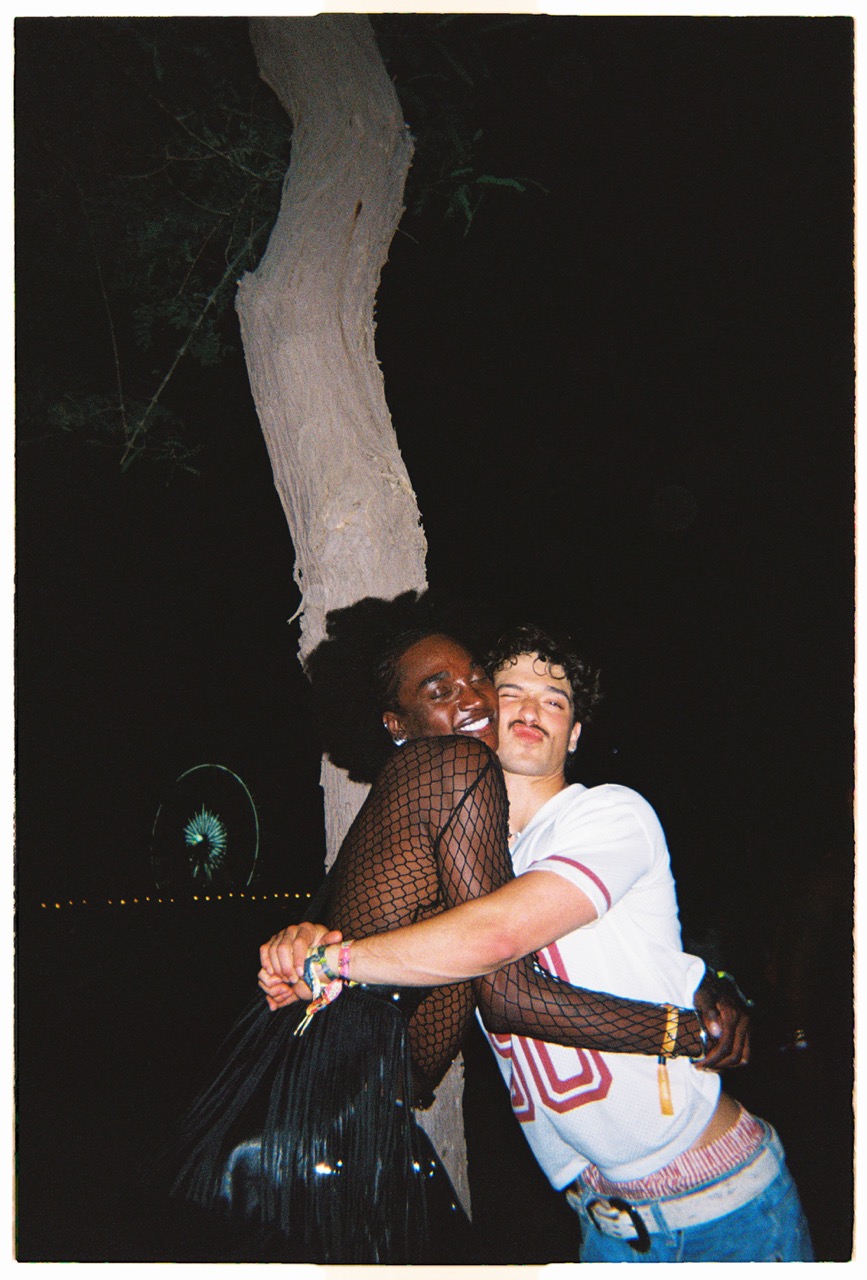
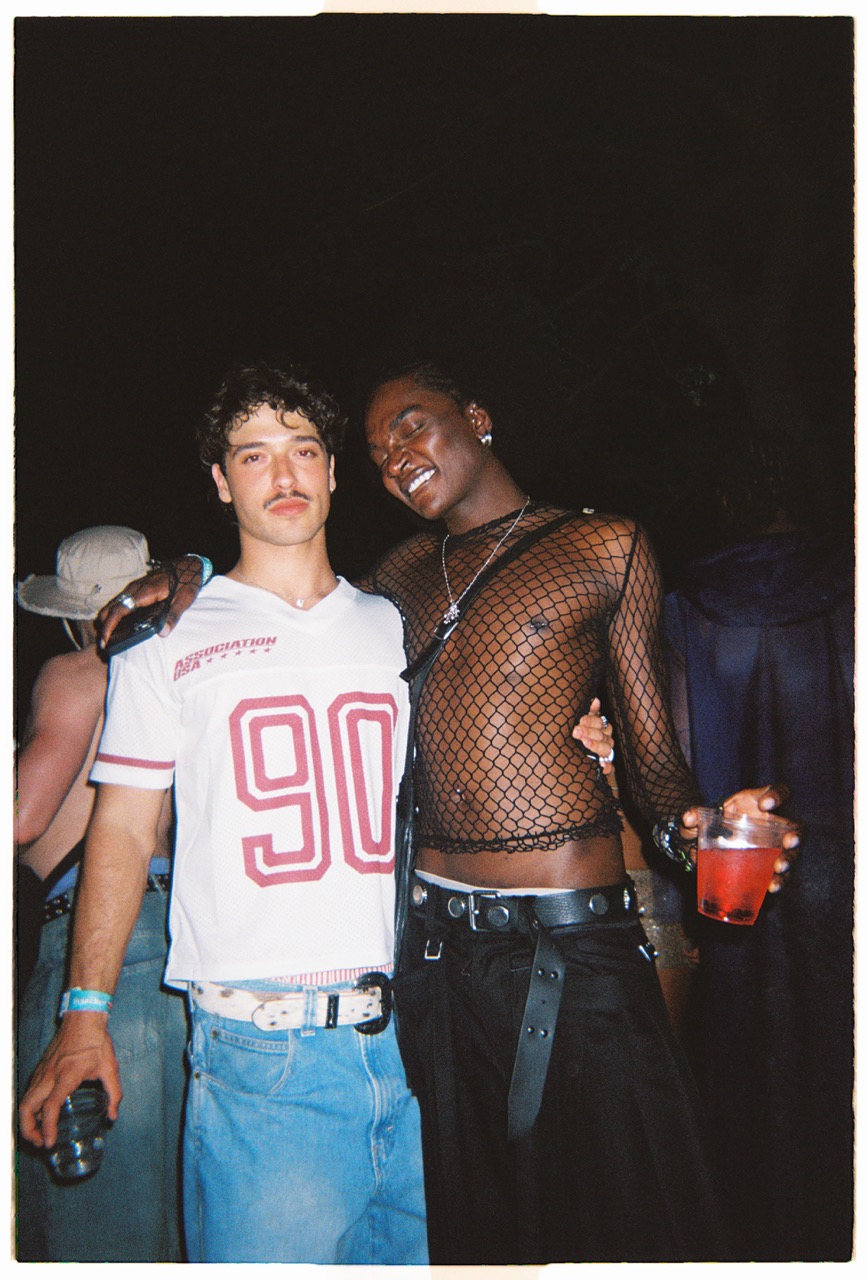
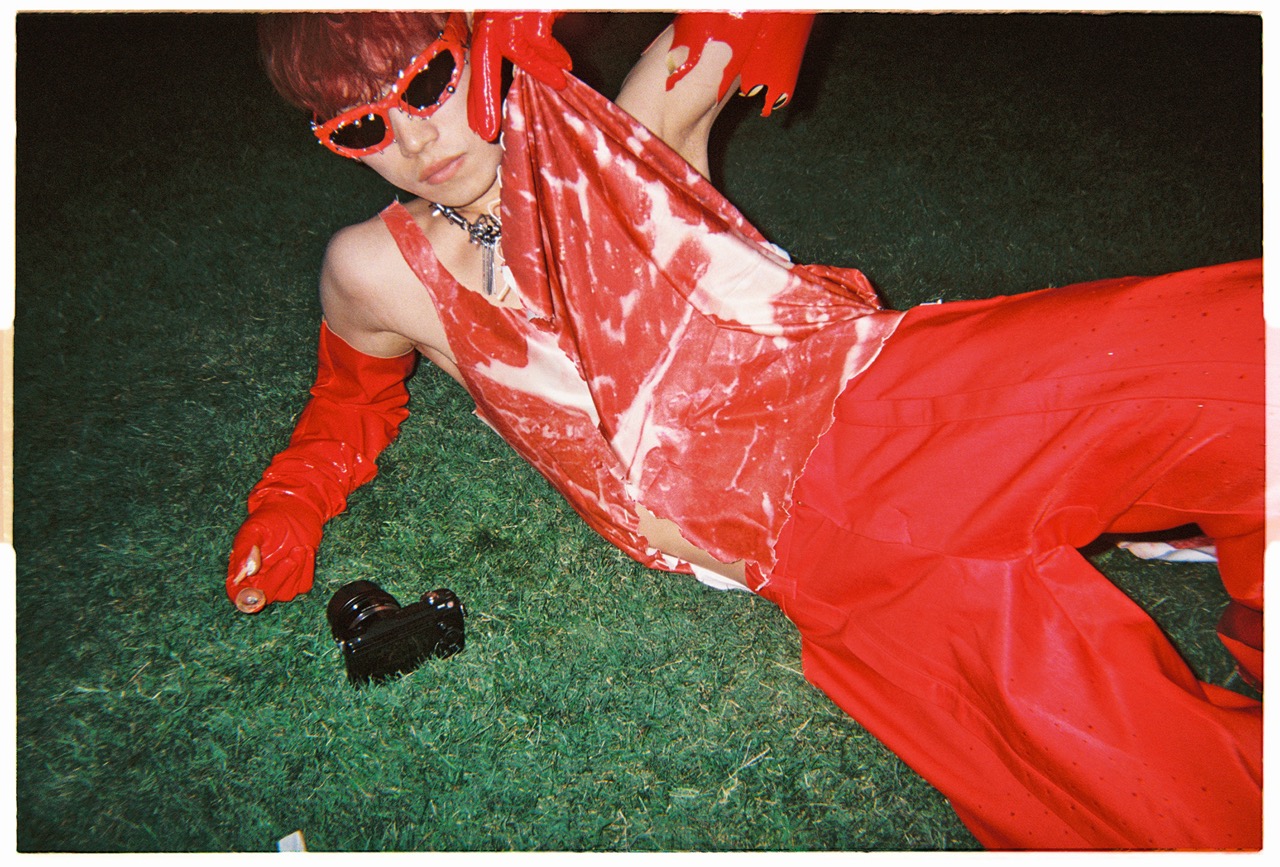
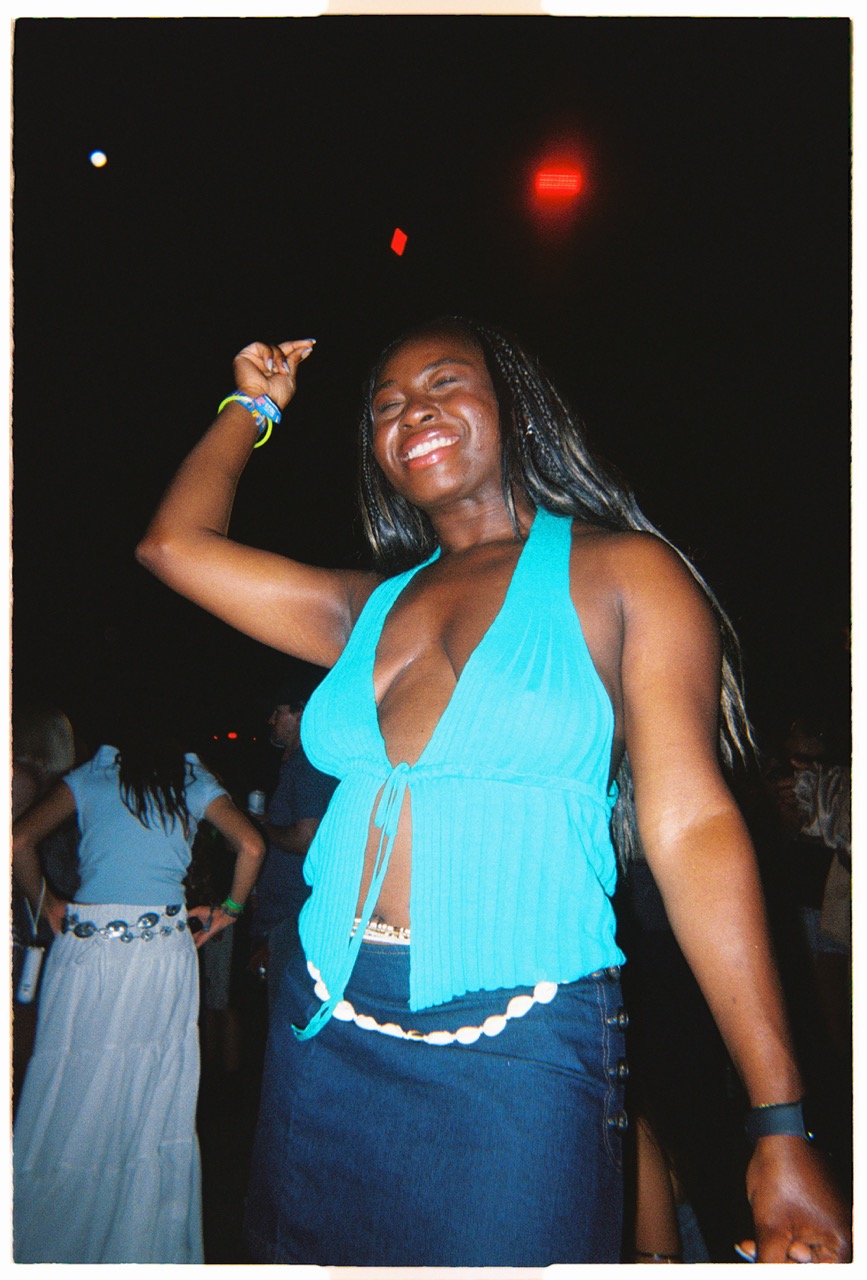
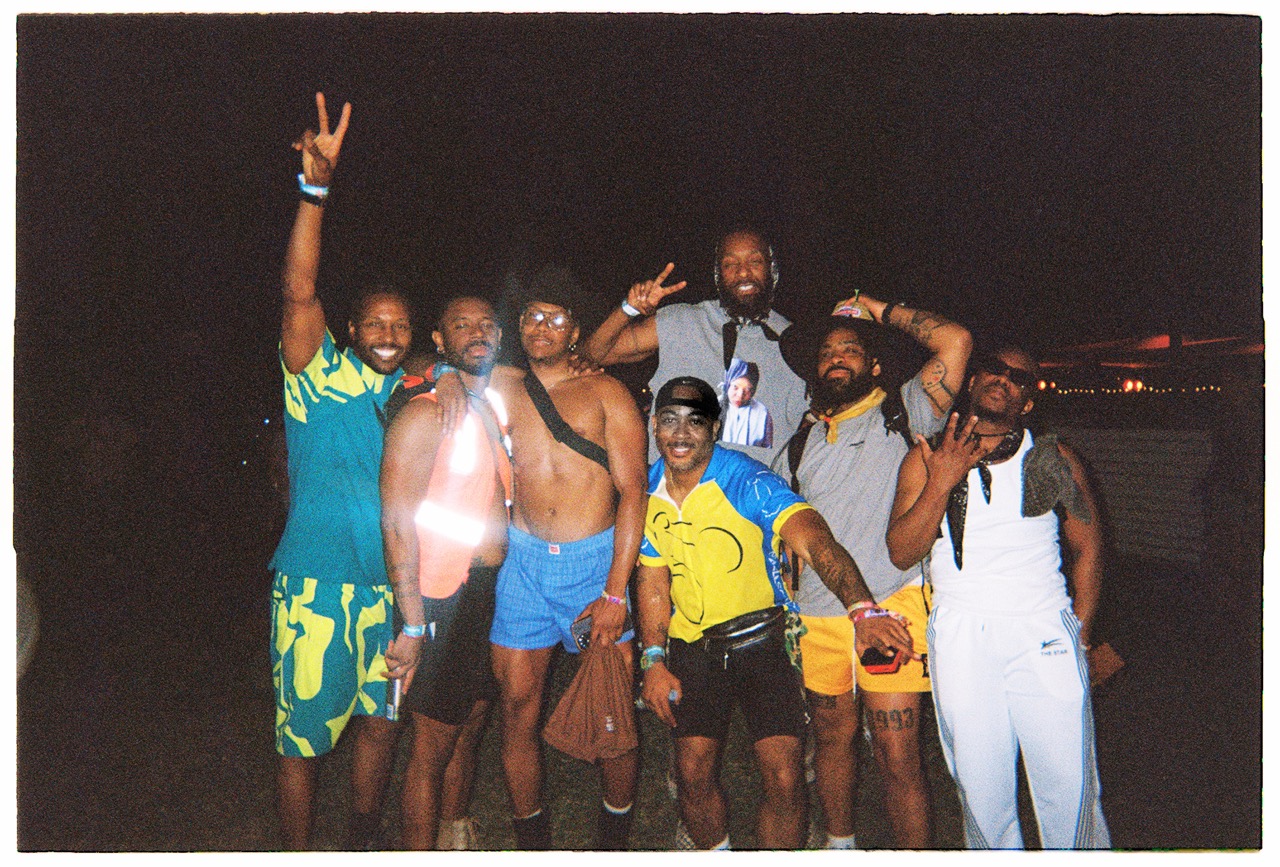
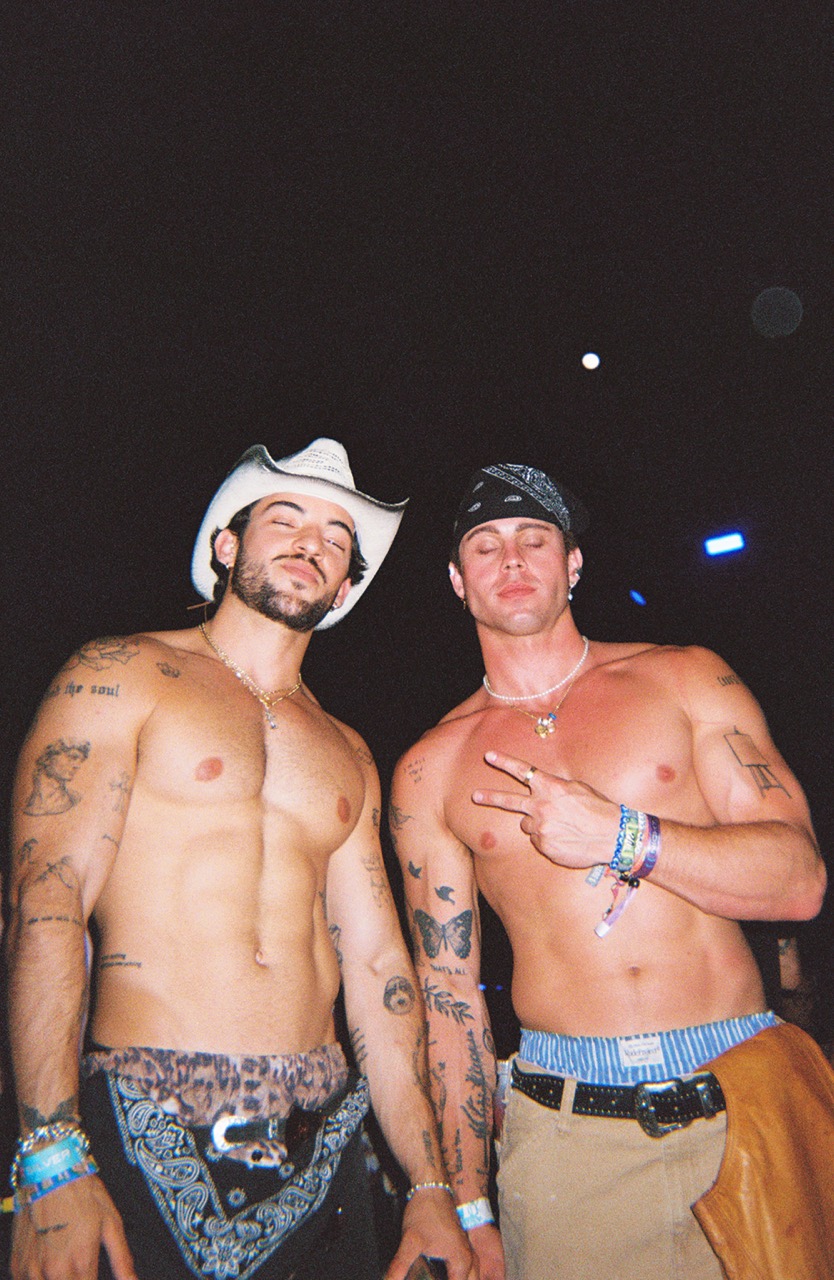
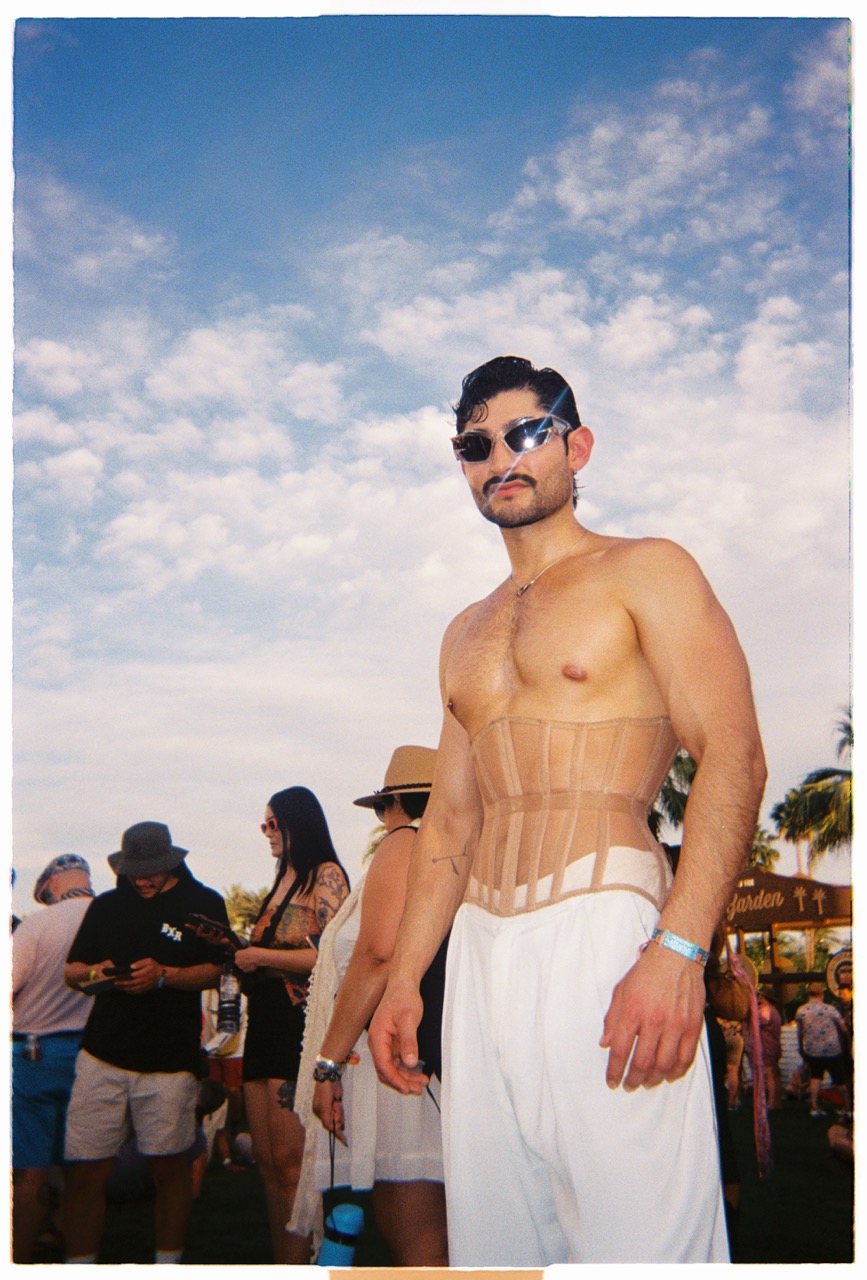
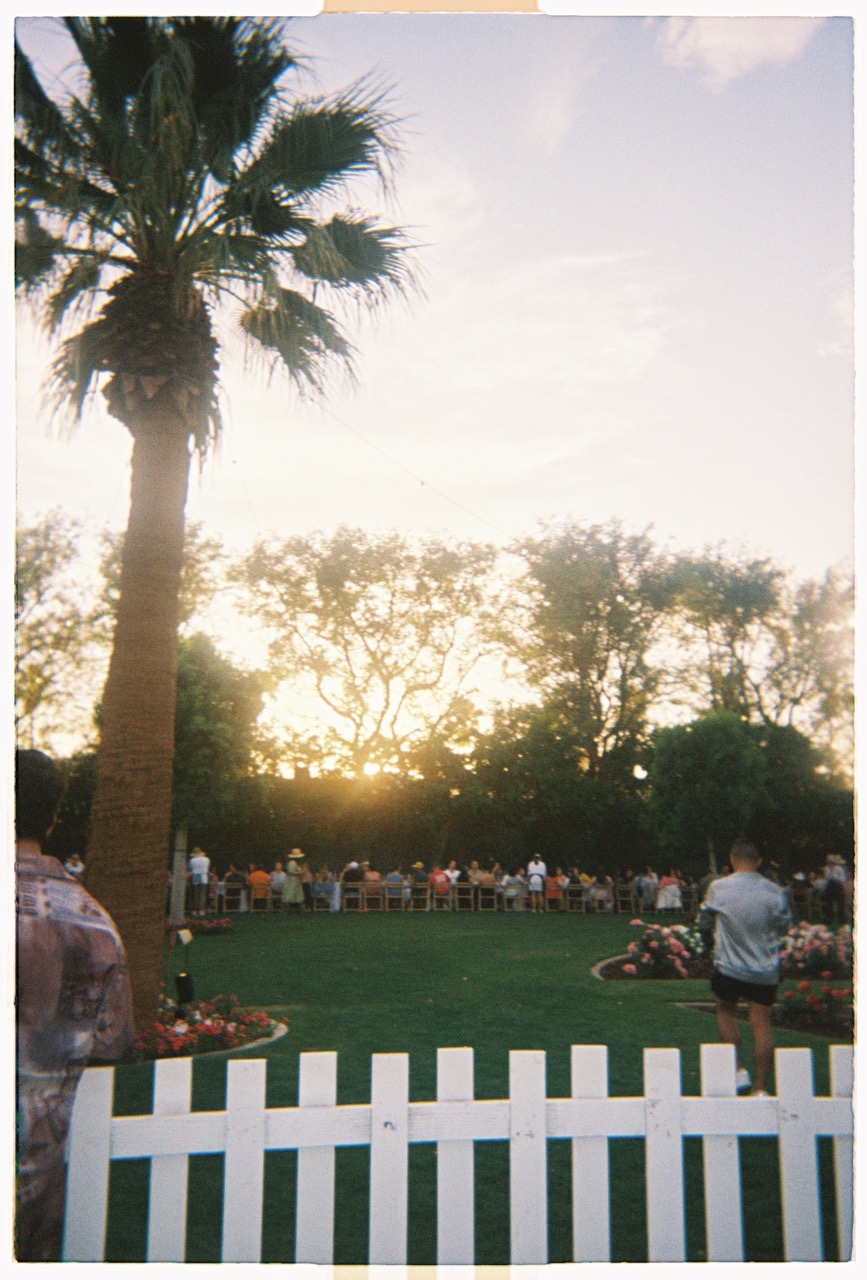
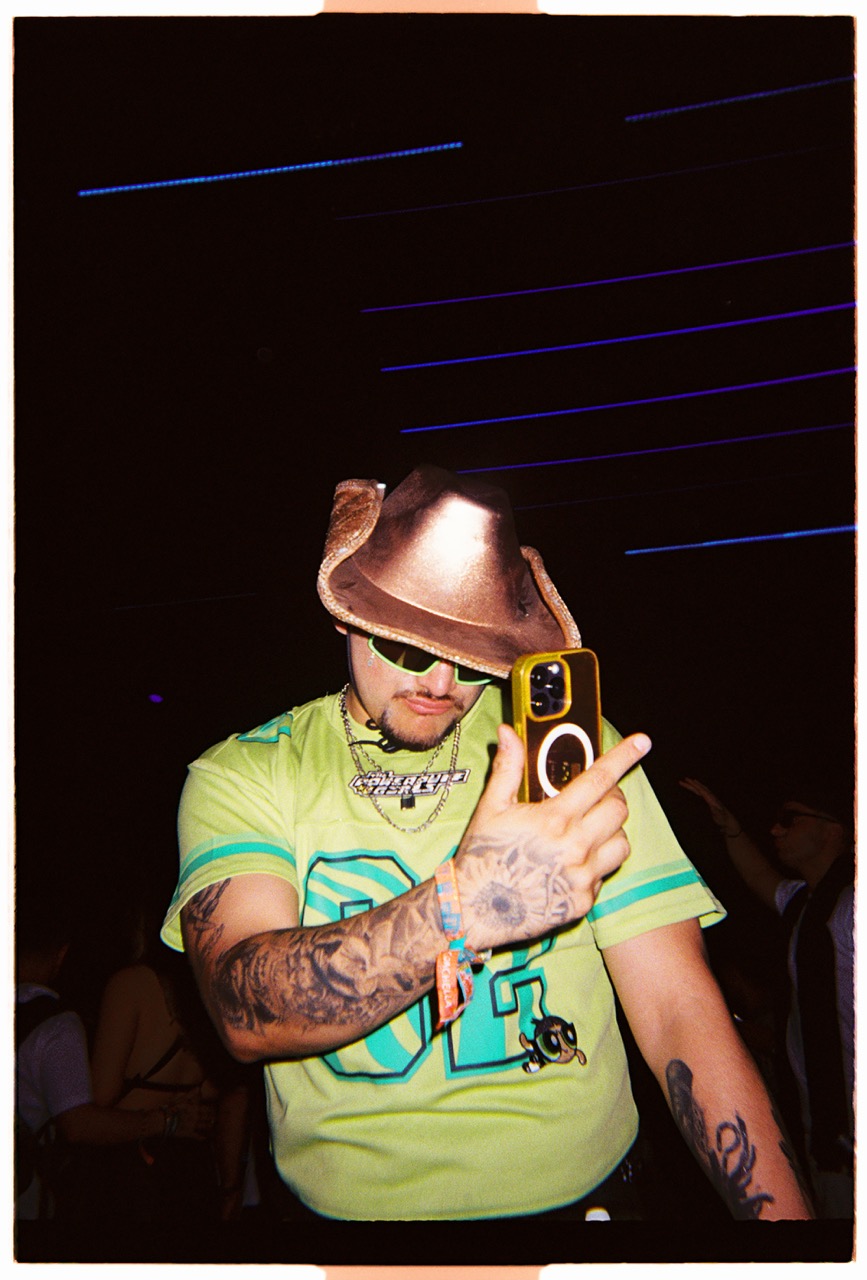
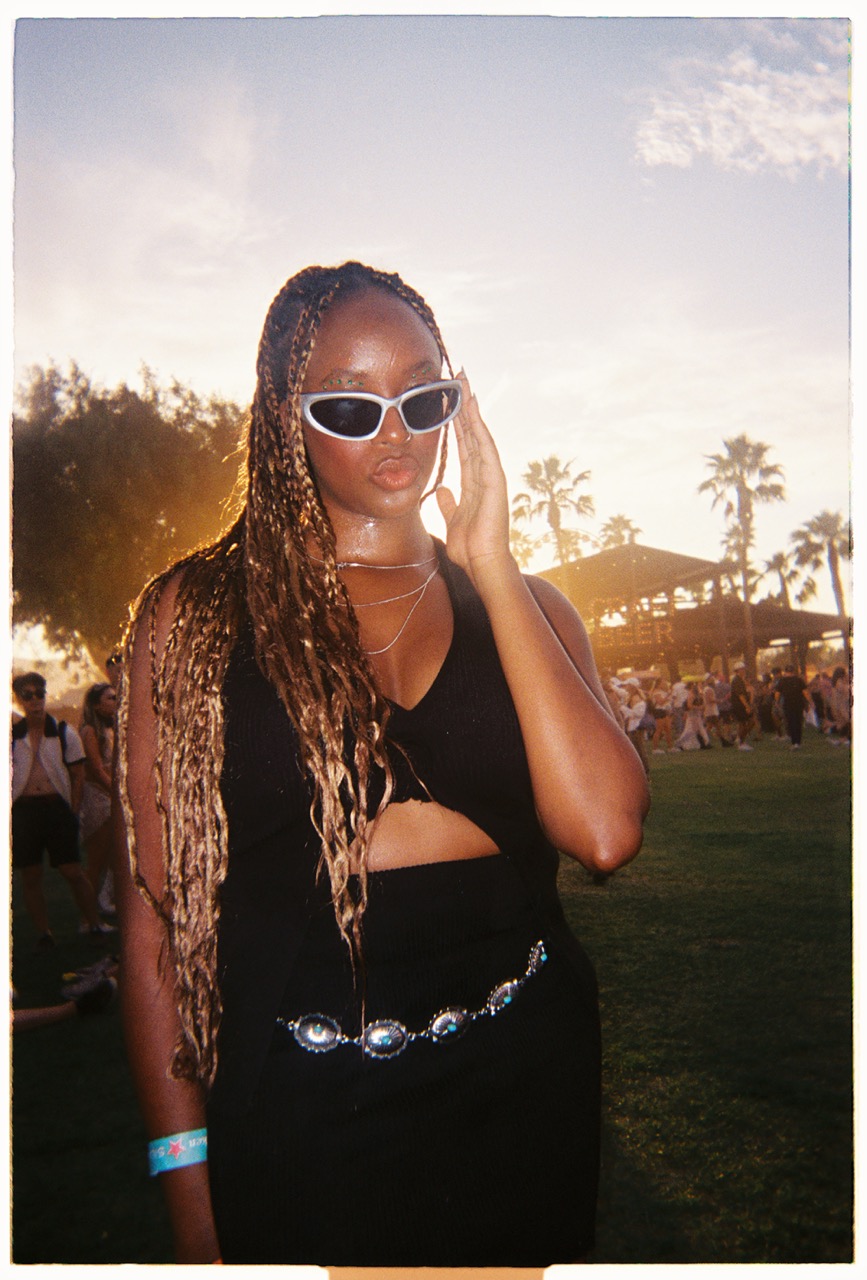
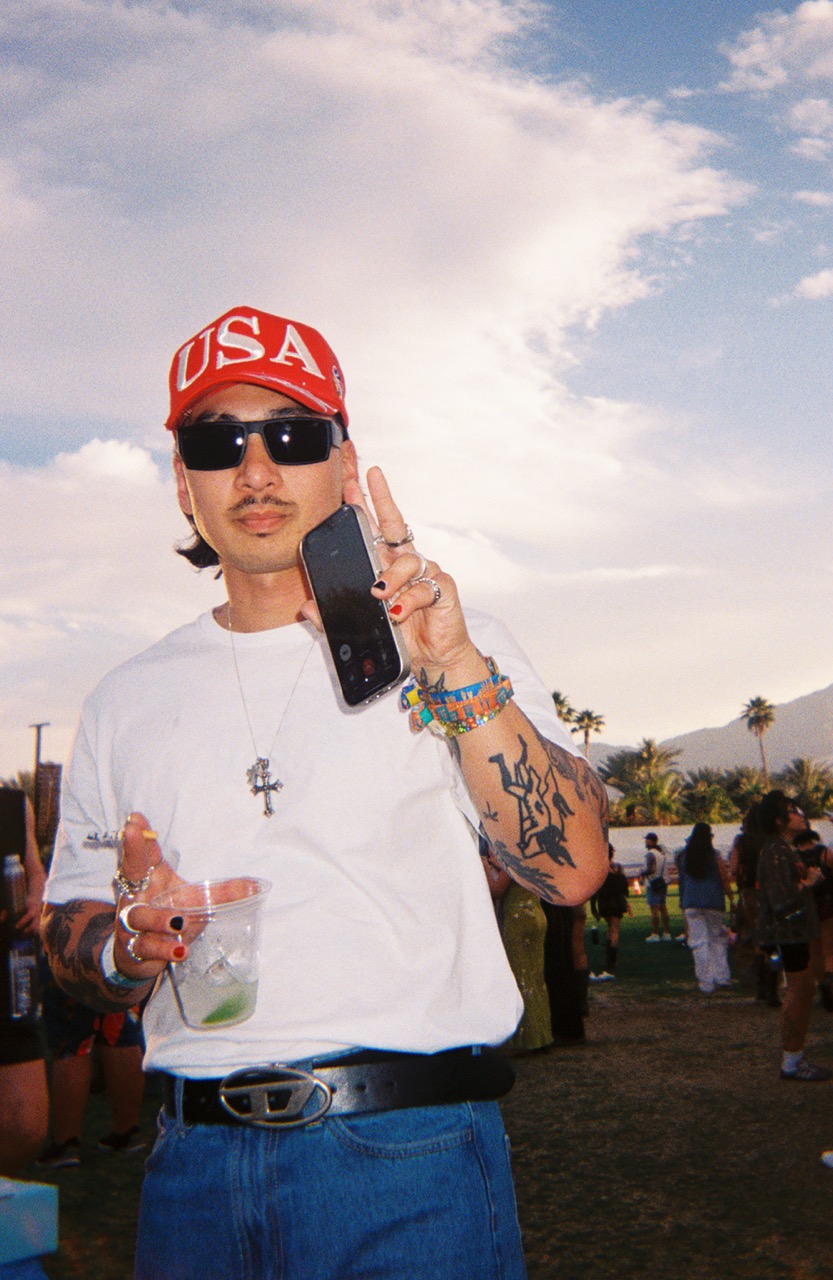
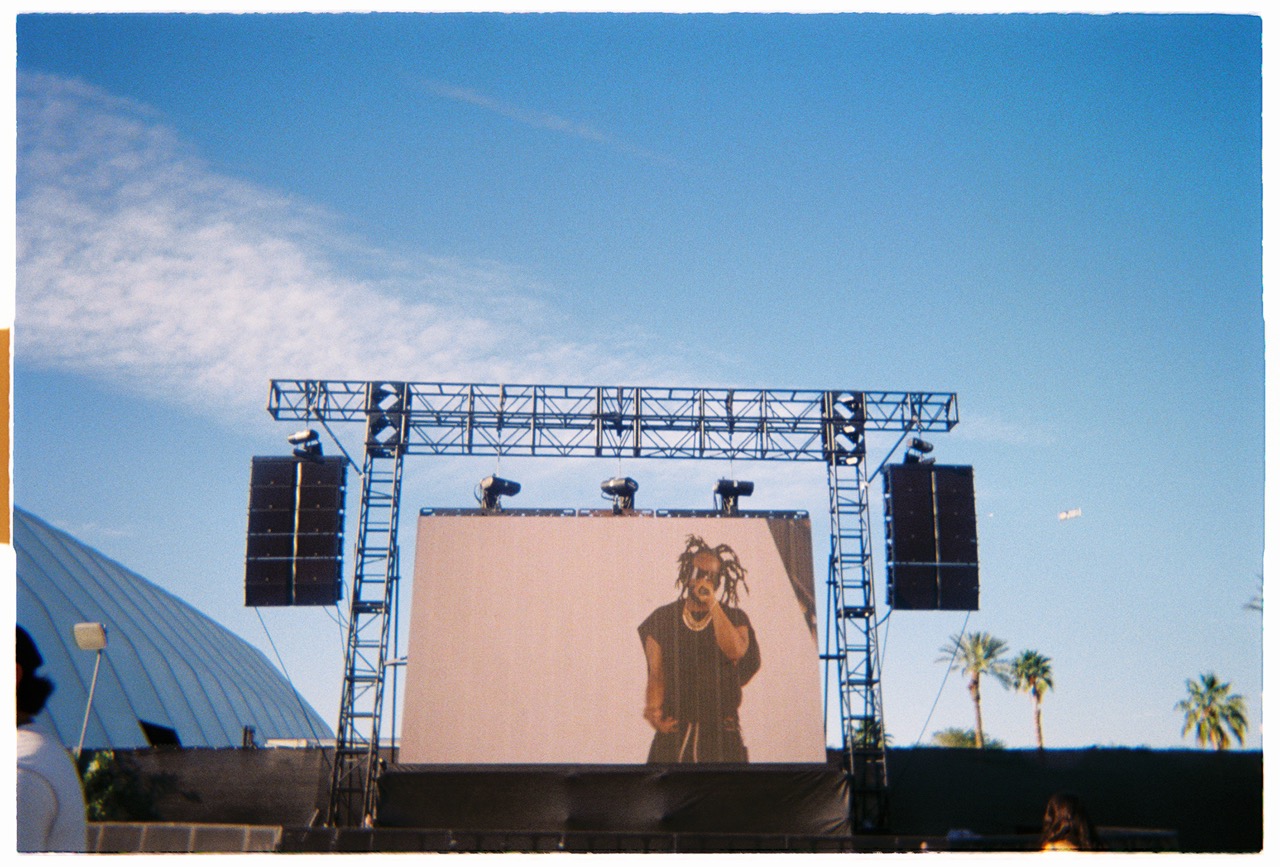
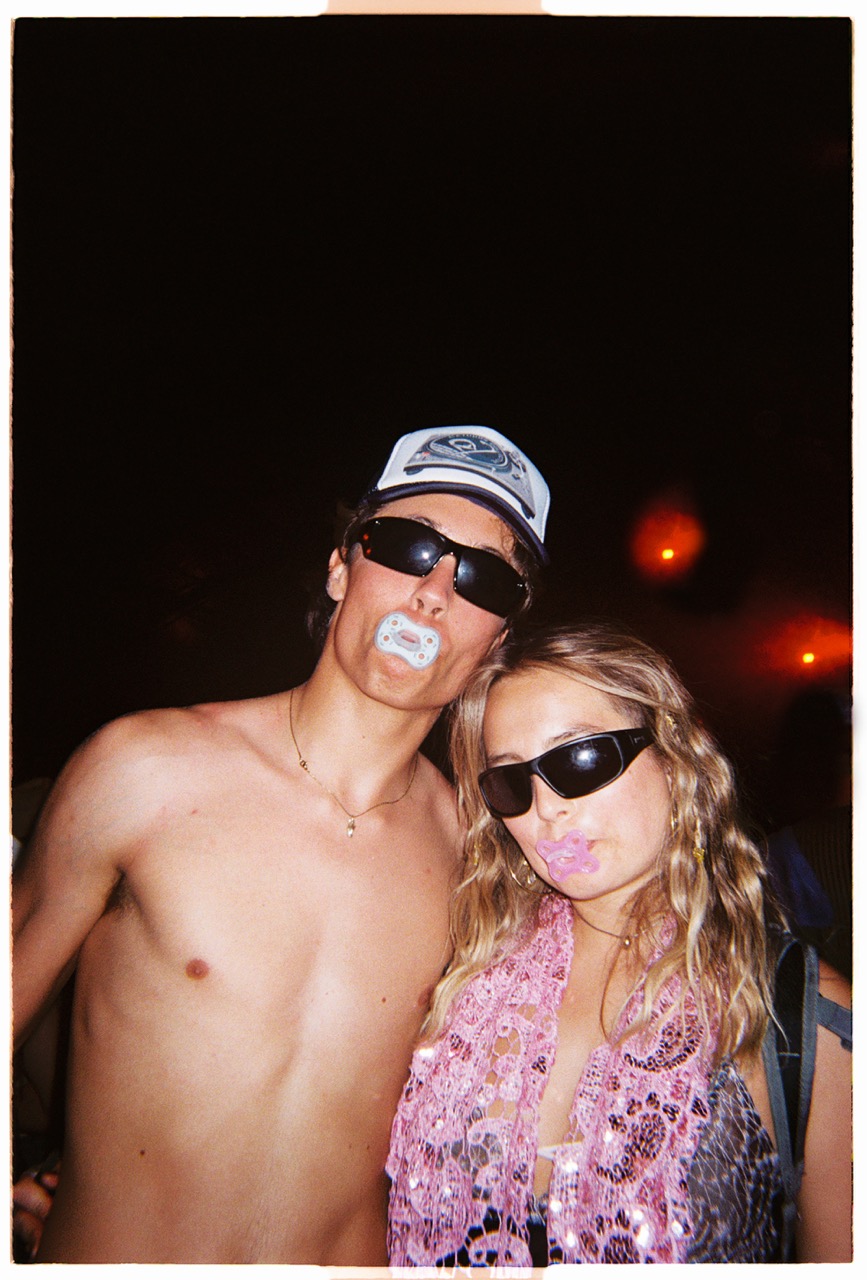
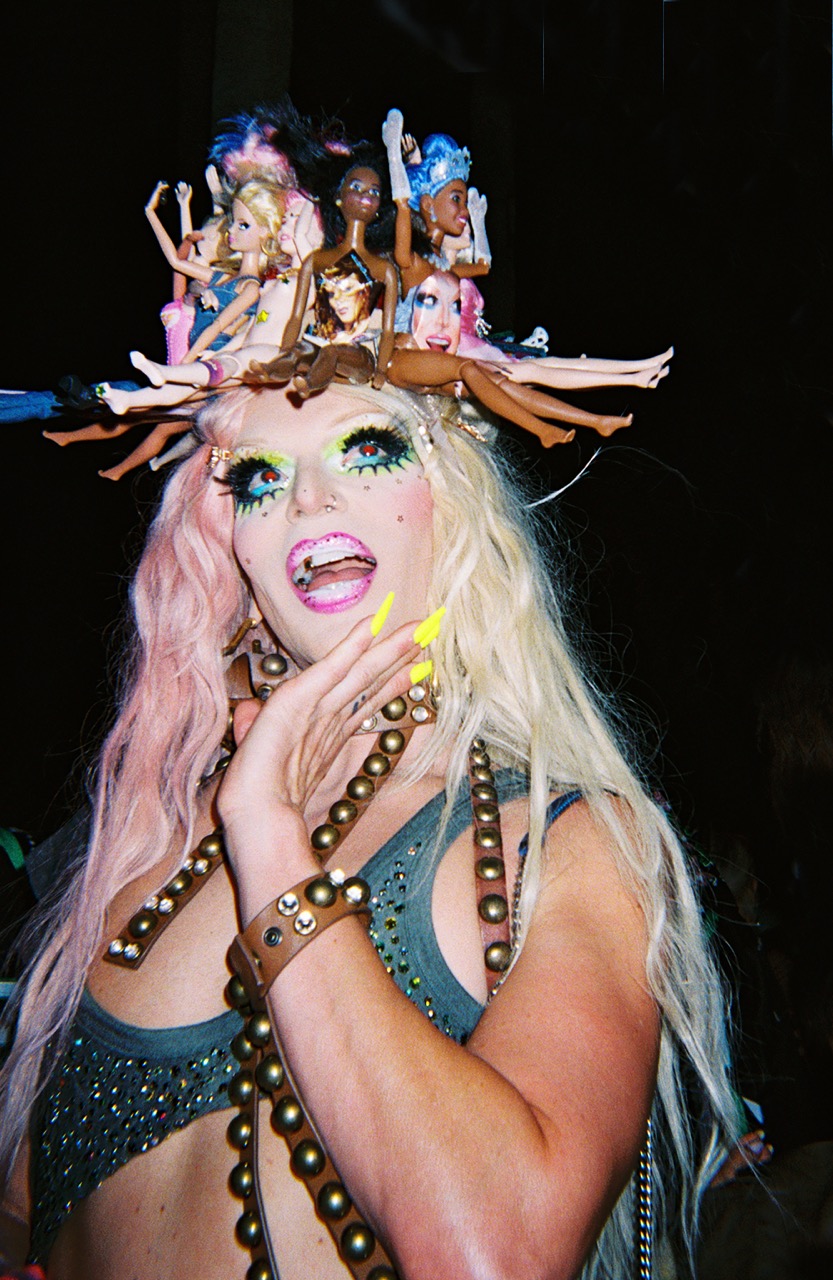
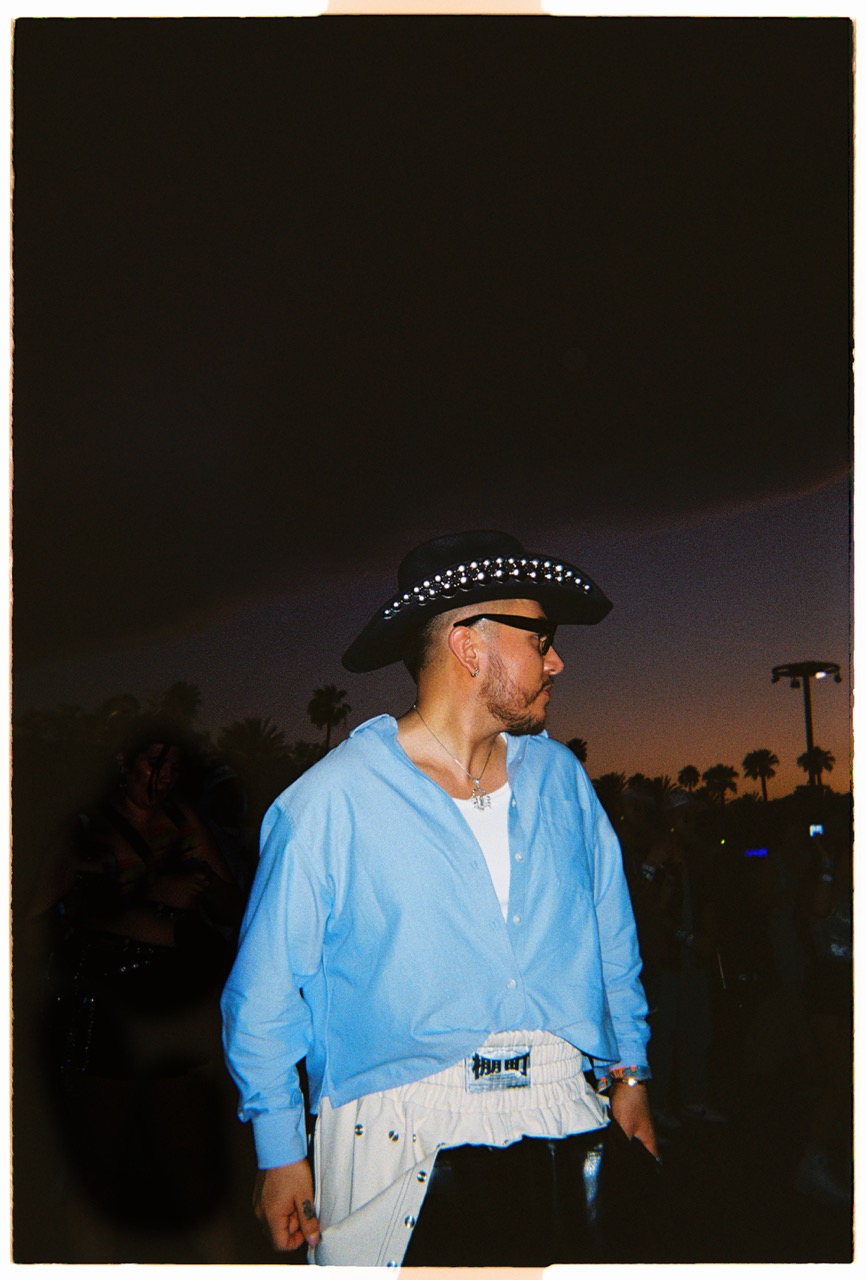
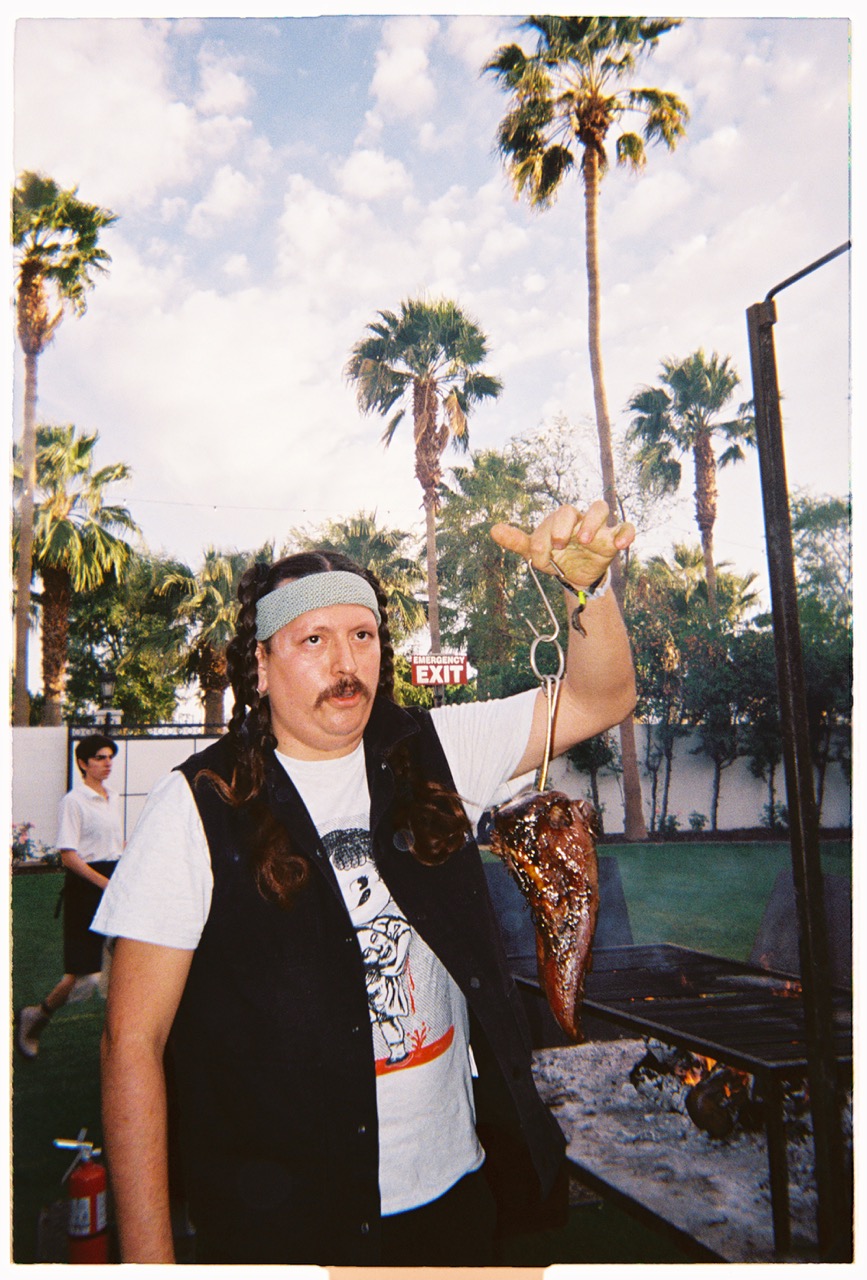
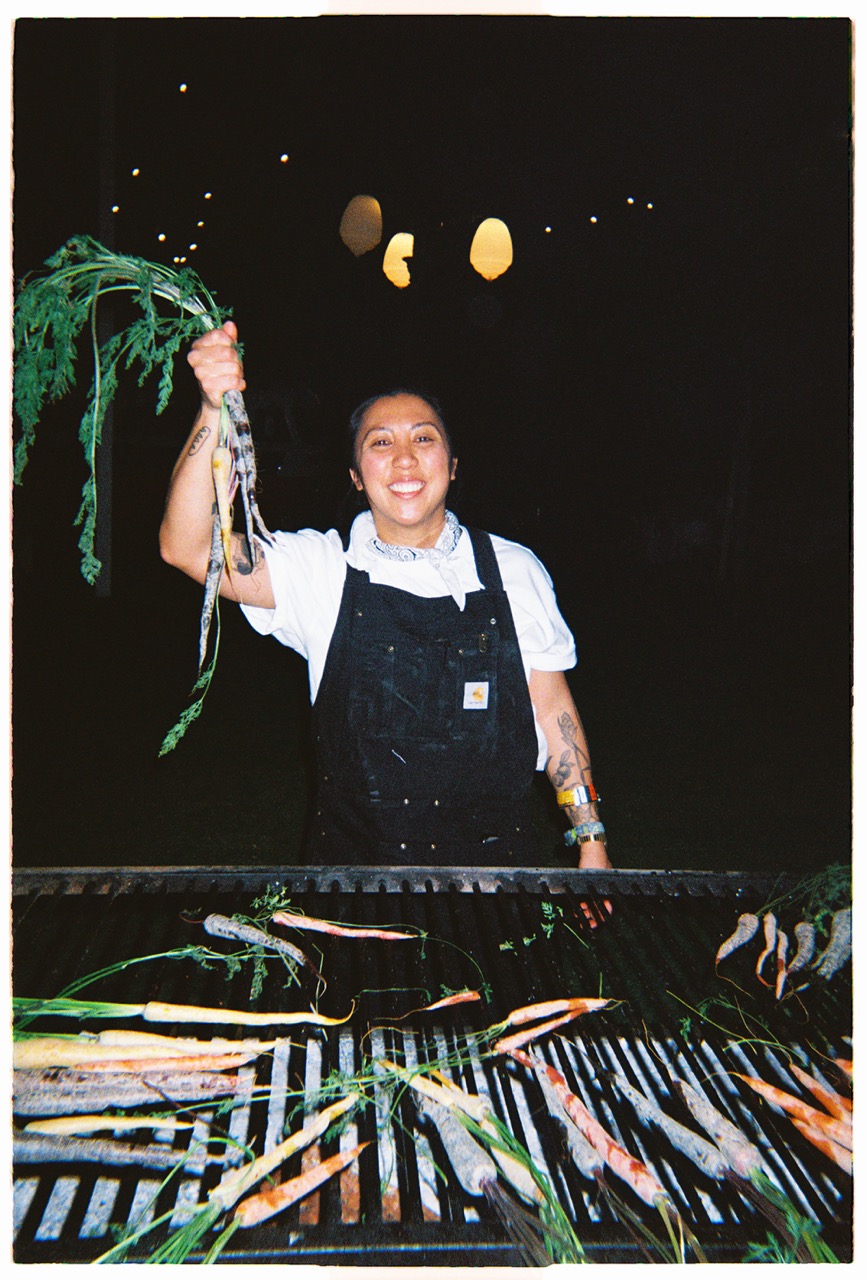
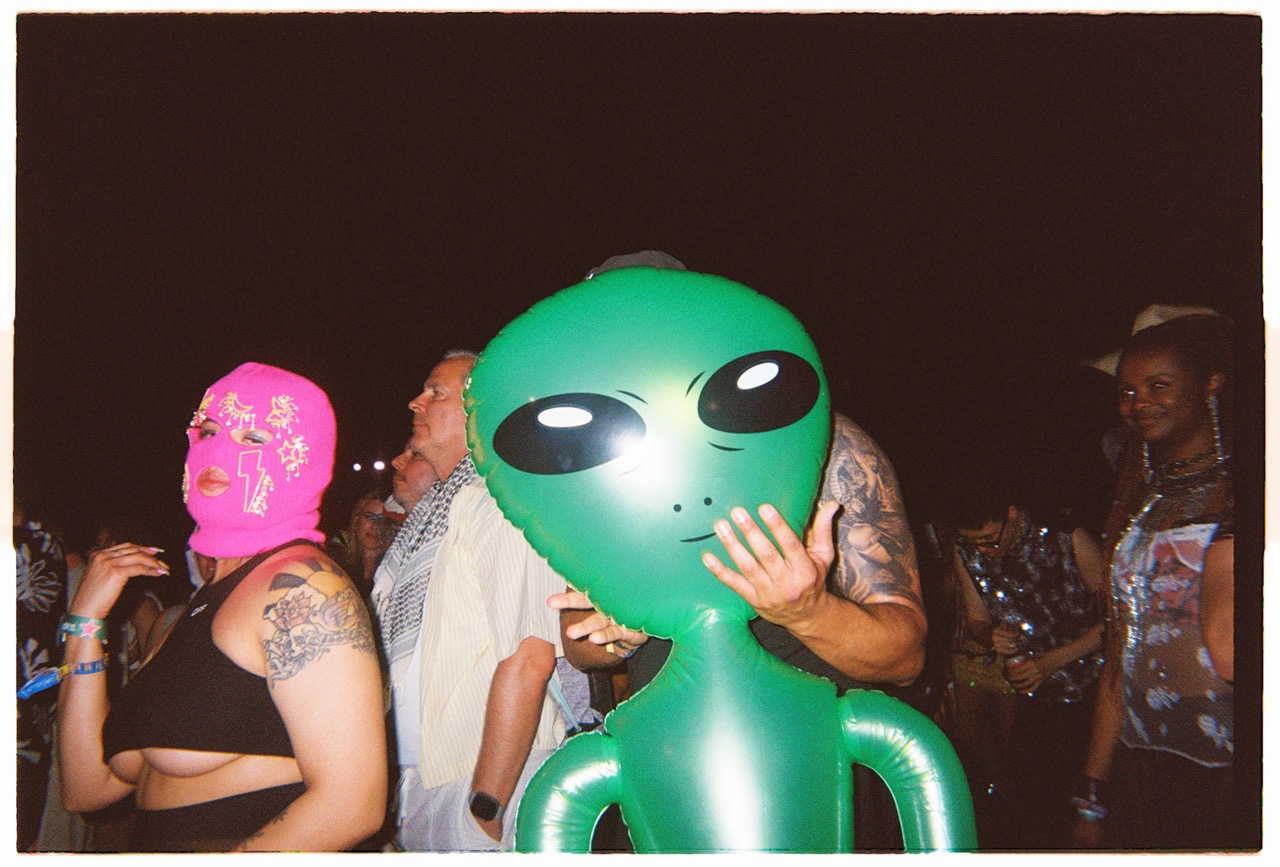
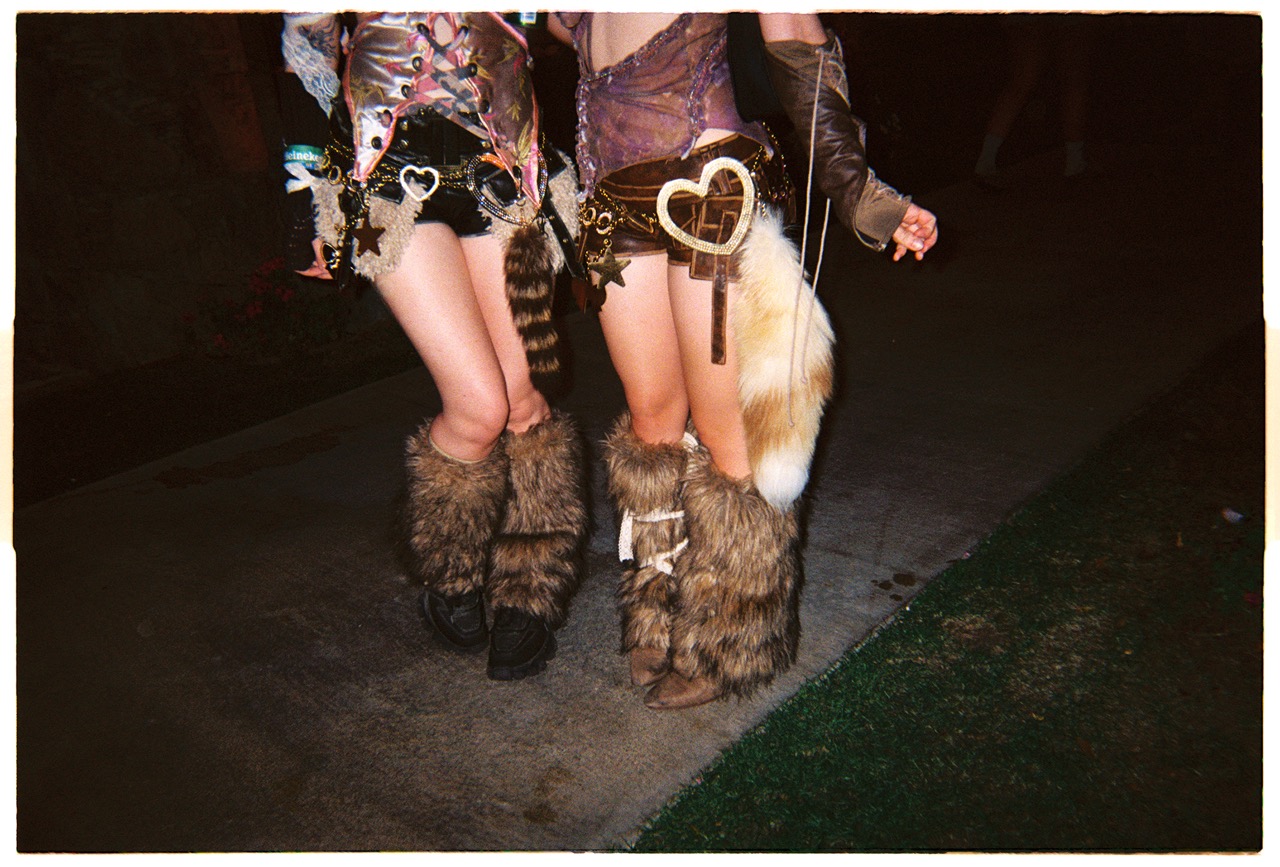
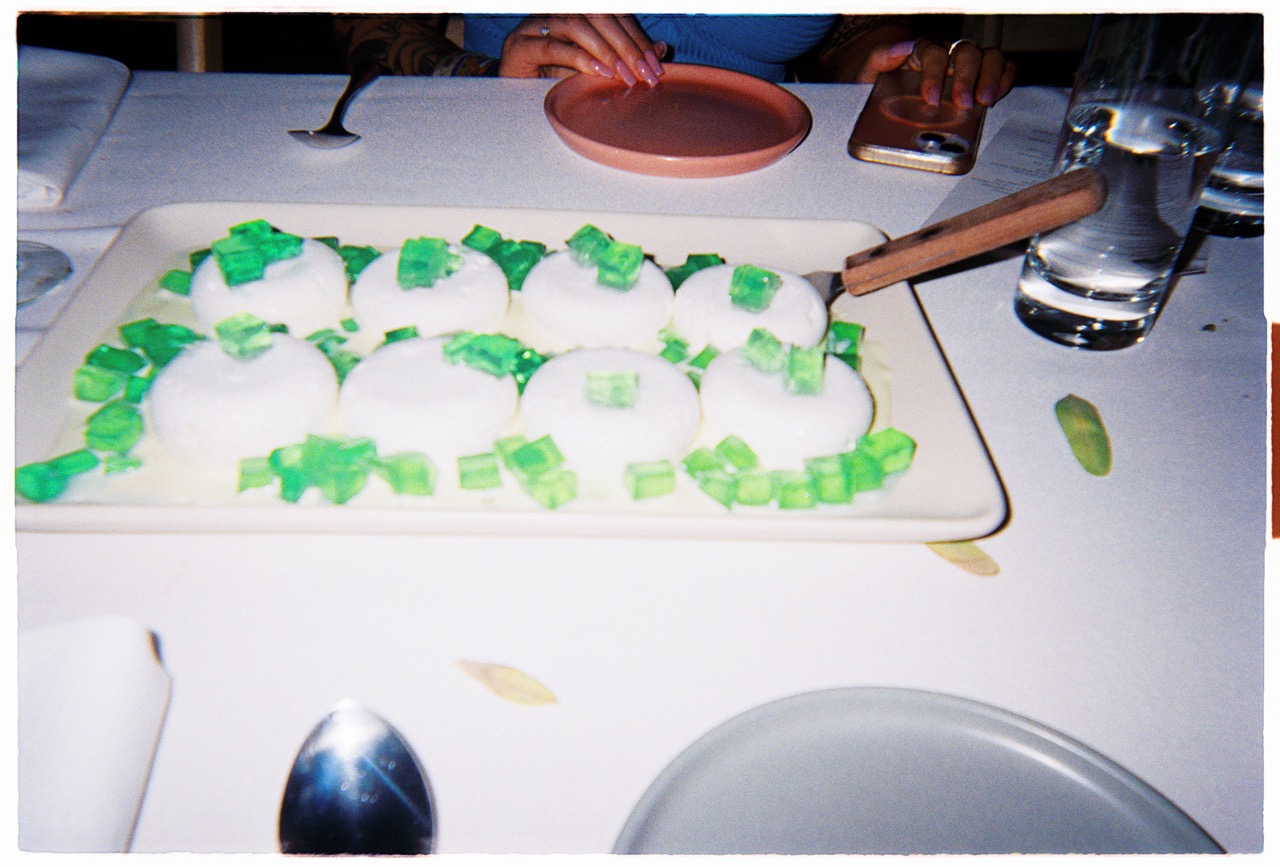
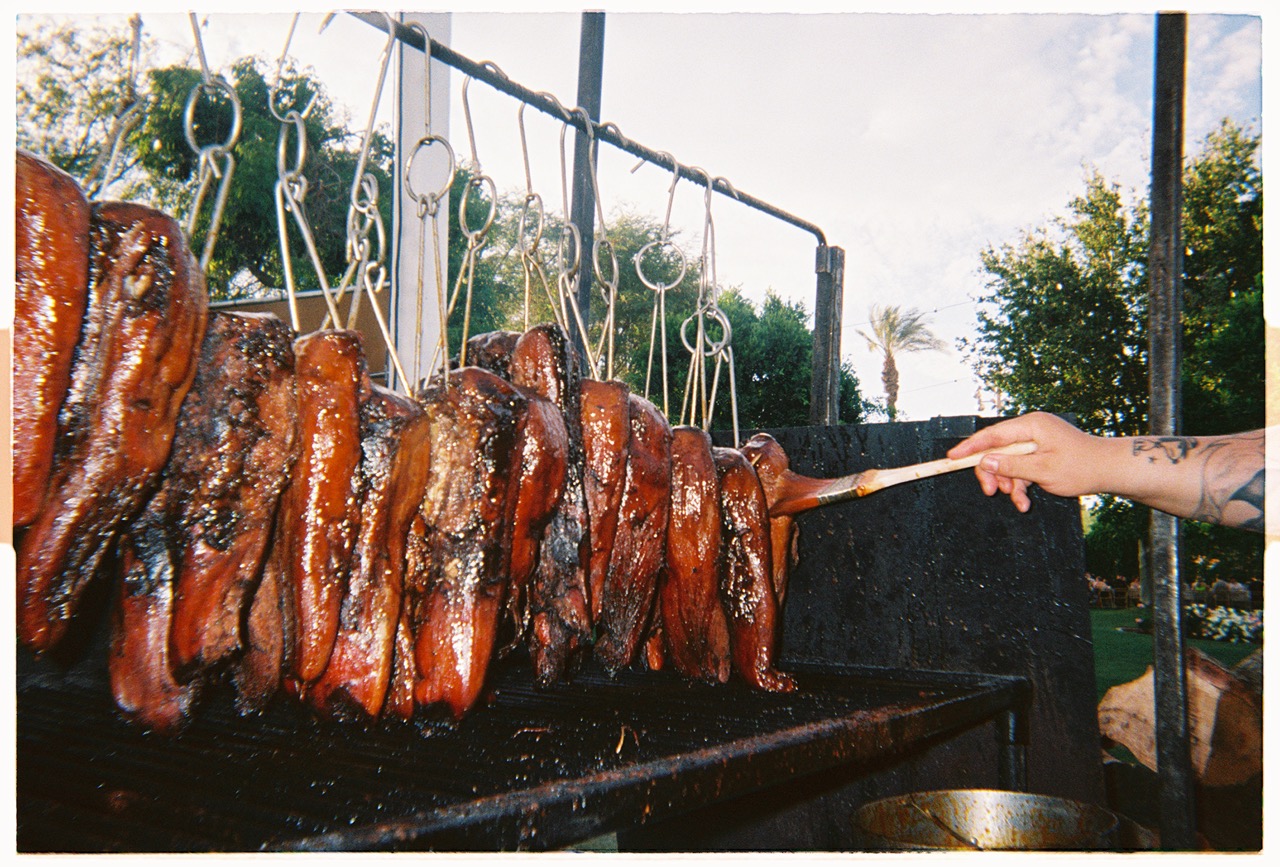

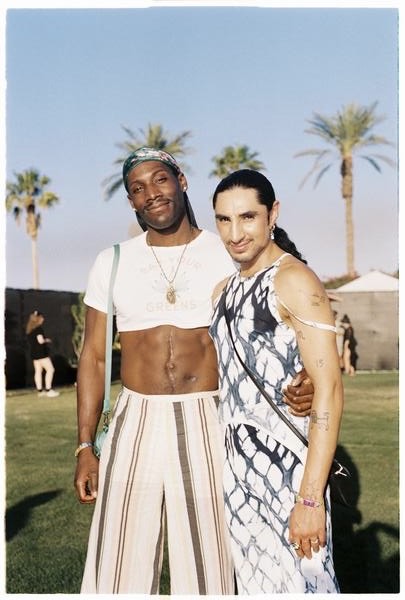
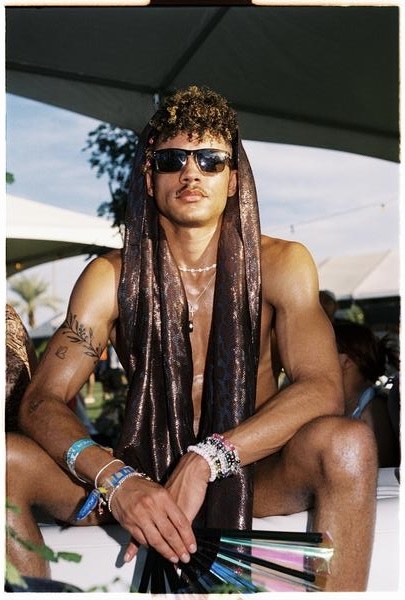
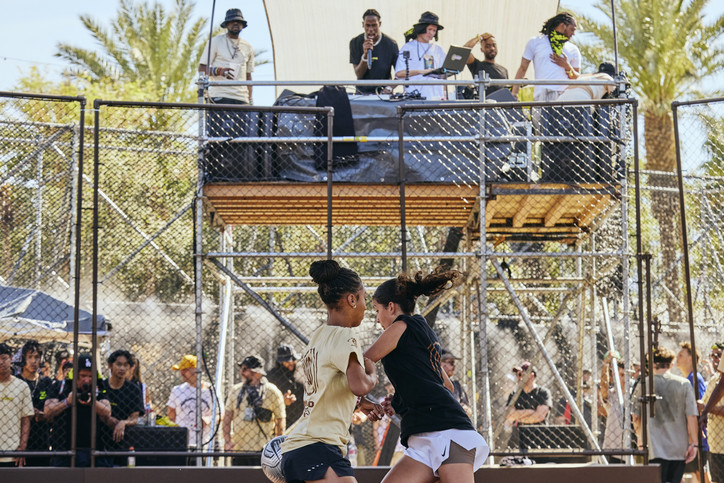
Set inside the immersive Cactus Jack pop-up, designed by Travis himself, the space subverted the idea of an activation. Part sport, part underground tournament, part block party, Mad Maximus channeled the unpredictable electricity of street football and layered it with Travis’s signature touch: offbeat, chaotic, and culturally locked in.
The weekend kicked off with the Open Crossbar Challenge, a simple setup that quickly became a crowd favorite. Winners walked away with not only bragging rights but Nike gear and an earned shot at the “Winner Stays” 1v1 tournament on Sunday, where everything truly came to life.
Crews from across L.A. rolled deep, Chicano FC, Culture FC, House of 626, Insainz, La Comunidad, Tiki-Taka, Toque, and Venice Beach Football Club, each bringing their uniqueness to the pitch. Among them was Jaiden Rodriguez, a Nike NIL athlete and rising star from Chicano FC, who delivered moment after moment, proving what happens when style meets substance.
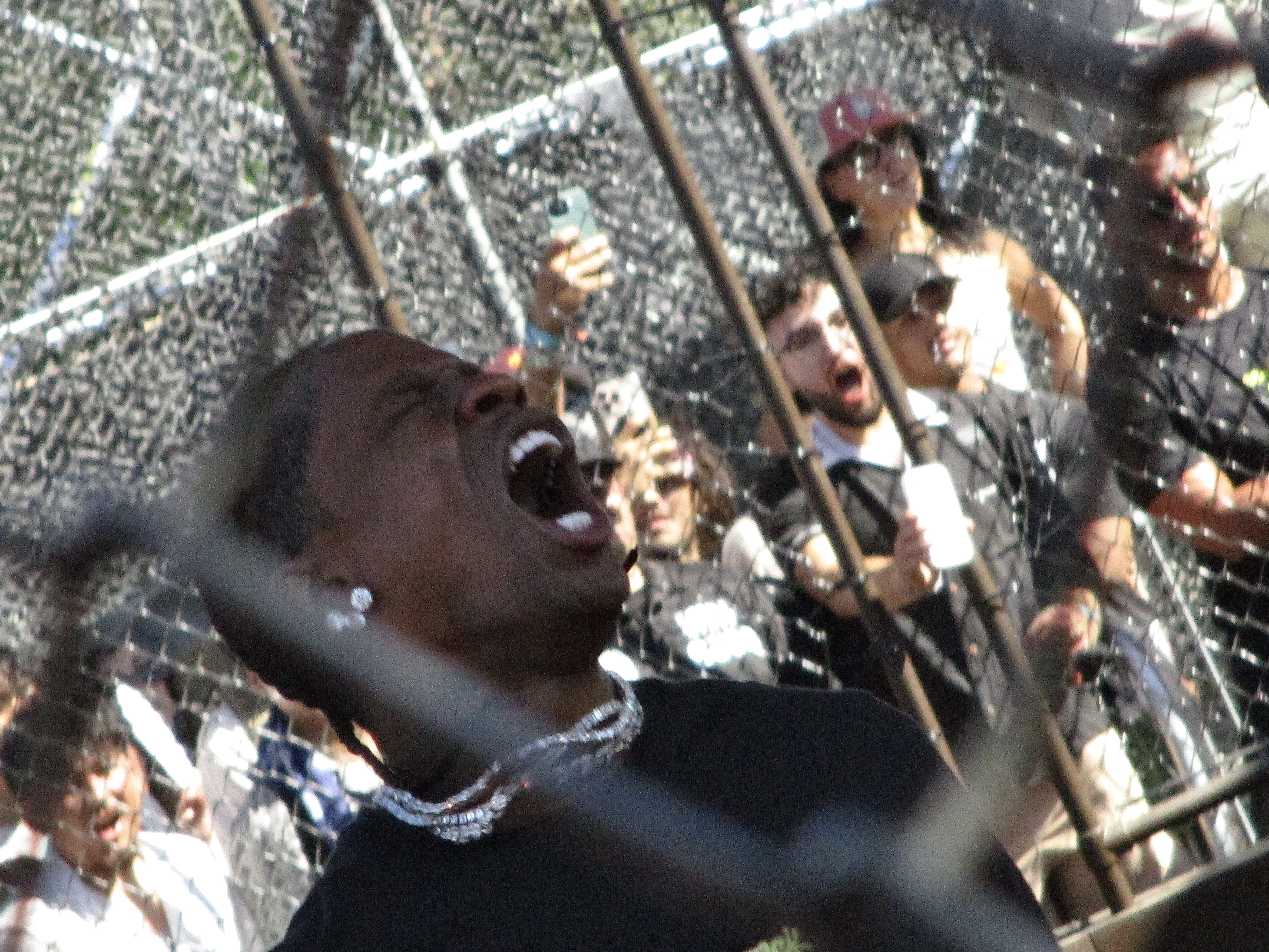
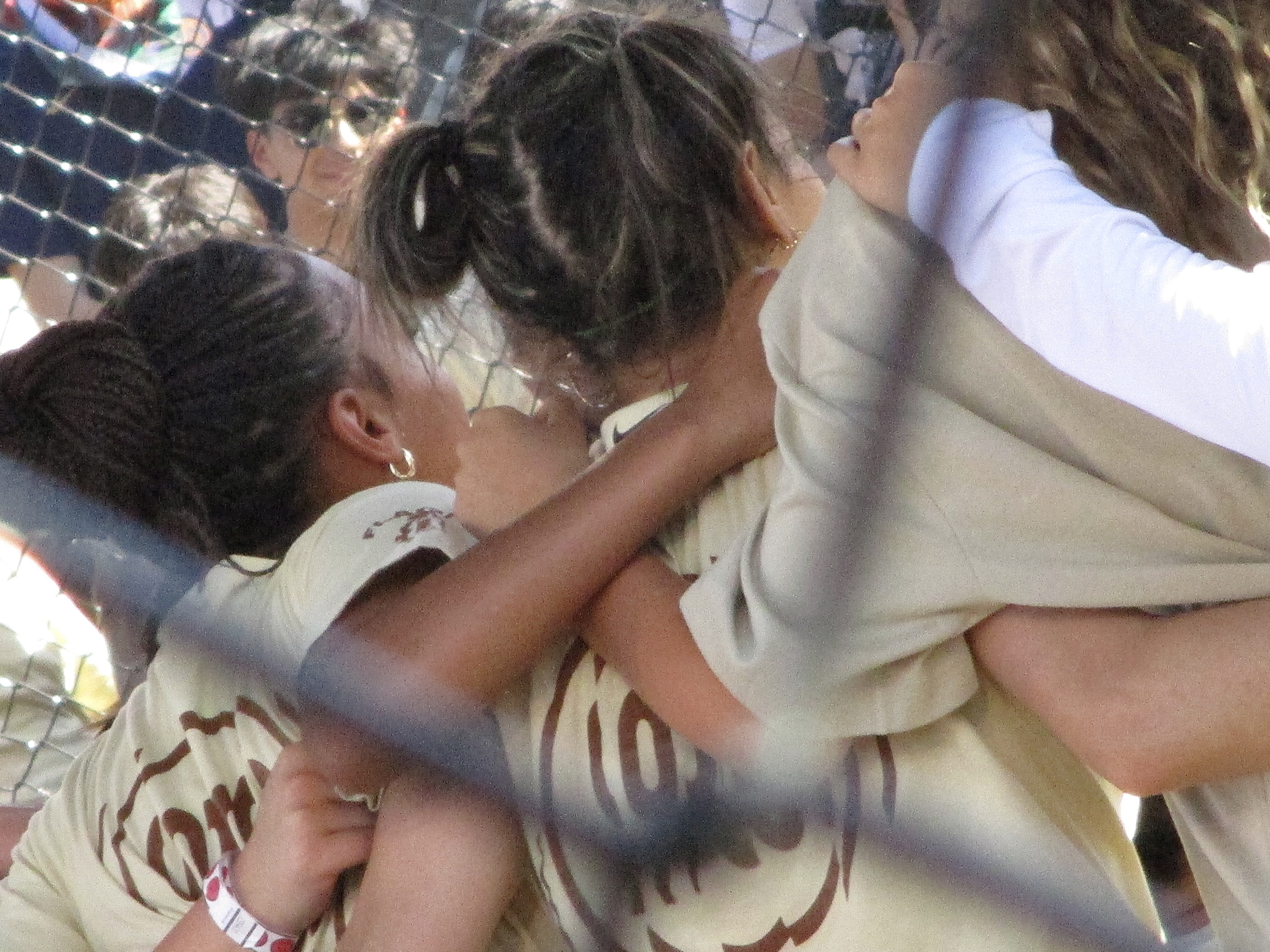
The culture and the Los Angeles community were see. and felt everywhere. The audience waved Mexican flags in support, while cheers and claps echoed through the cage. Mad Maximus blurred the lines between music, movement, and sport, not to showcase a brand, but to celebrate a thriving community that may not always get the recognition it deserves. It was a reminder that empowering the next generation doesn’t come from placing them under a spotlight, it comes from handing them the mic.
By sundown, the energy could still be felt and sounds of cheers and thudding footwork were still at a high. In that moment, under the desert sky, one thing was clear: The future of football doesn’t start in stadiums. It starts in cages and on corners with young creatives playing games on their own terms.
